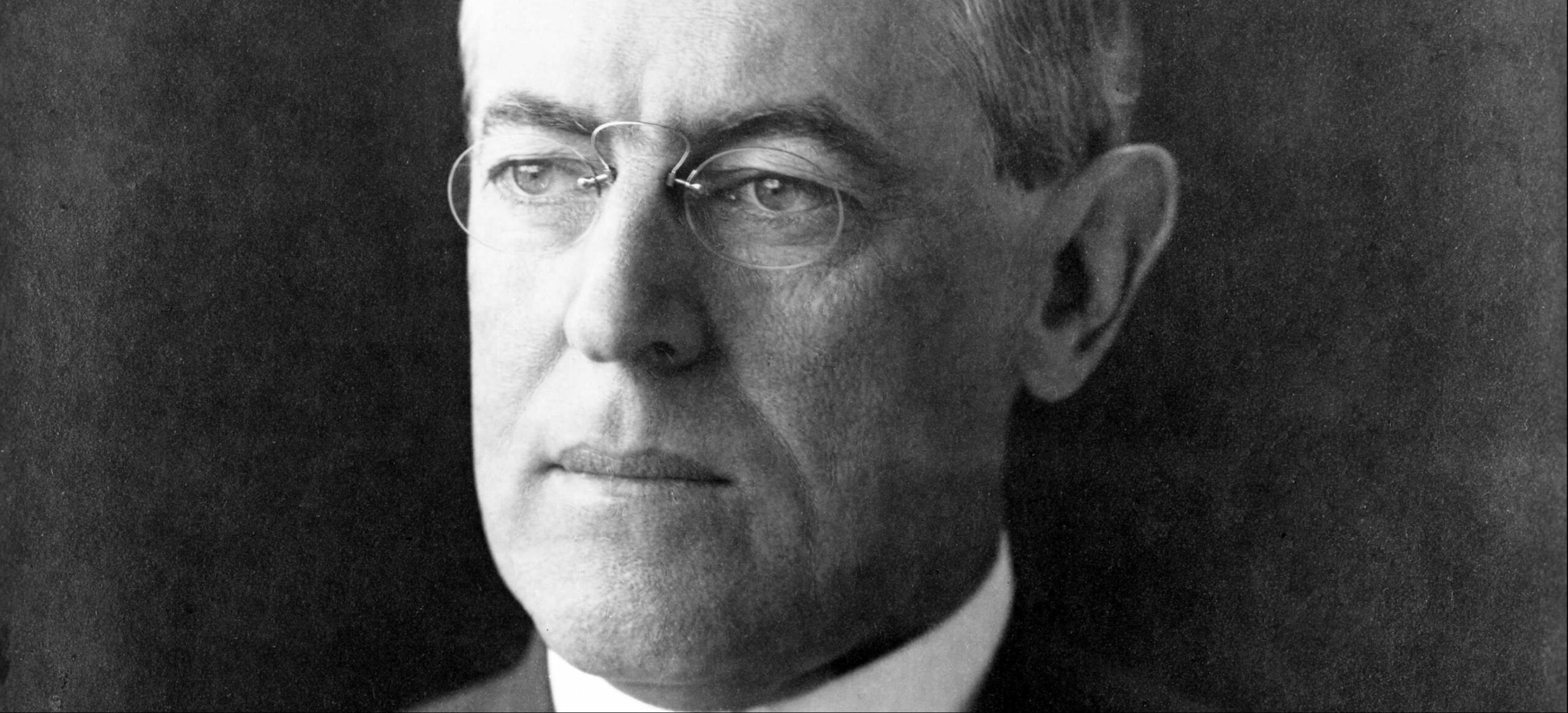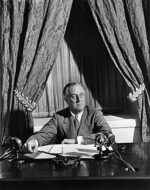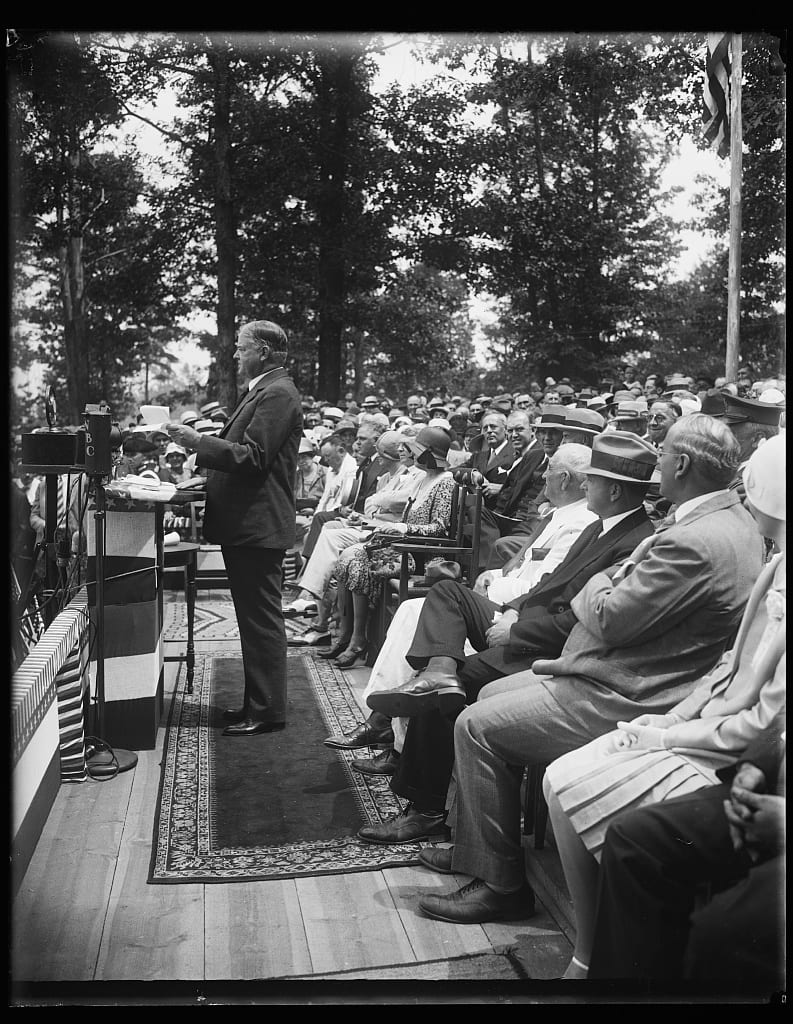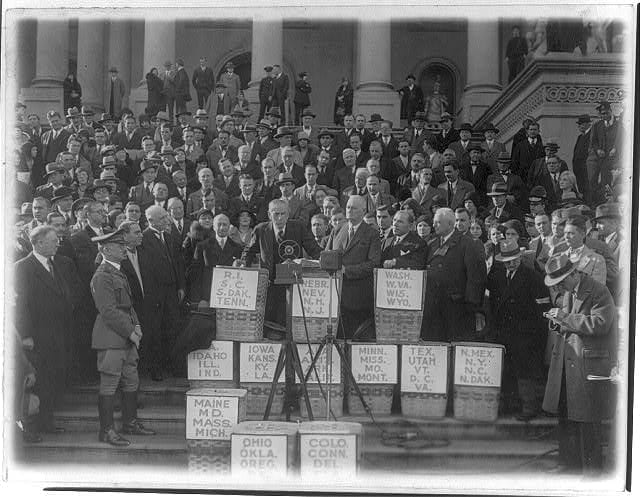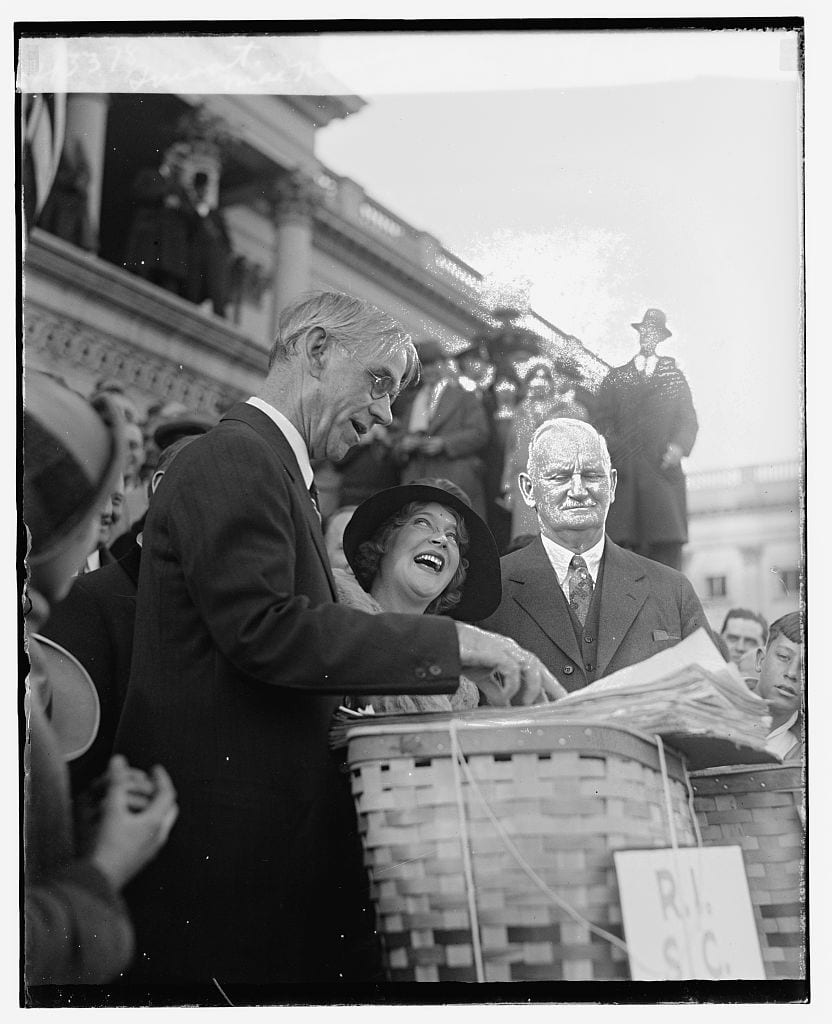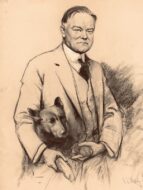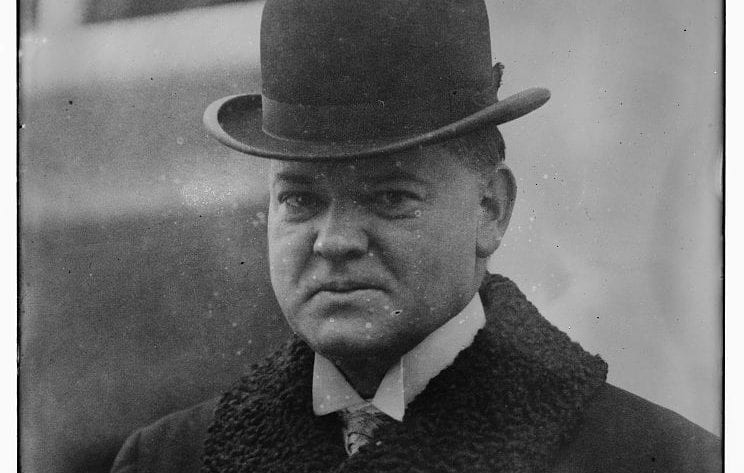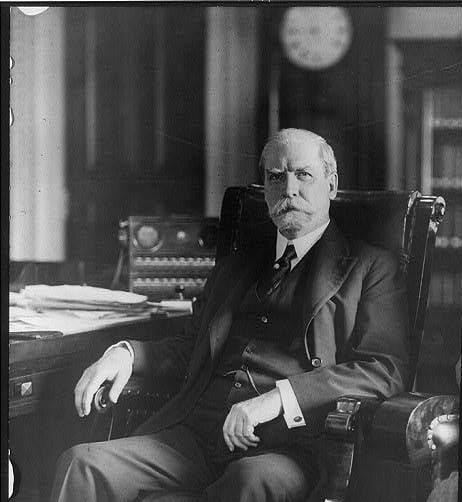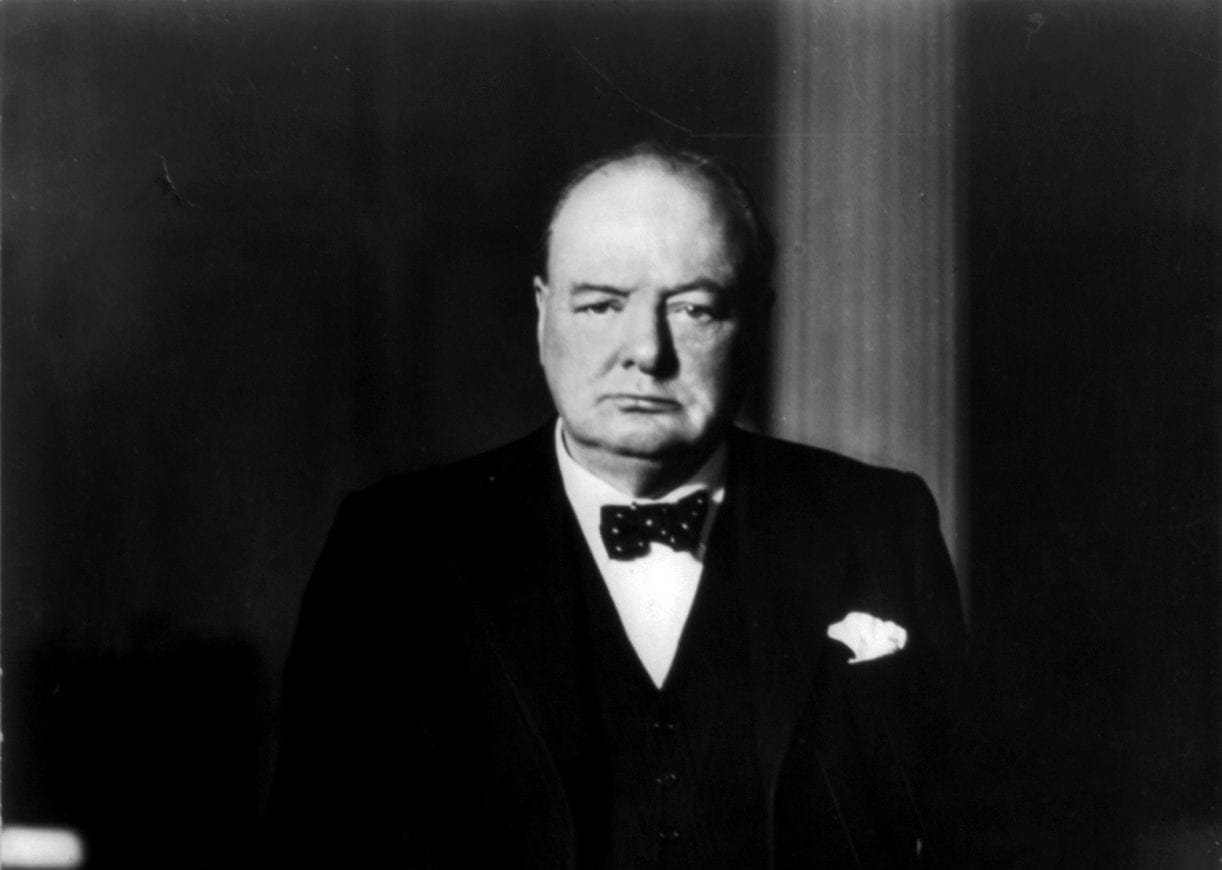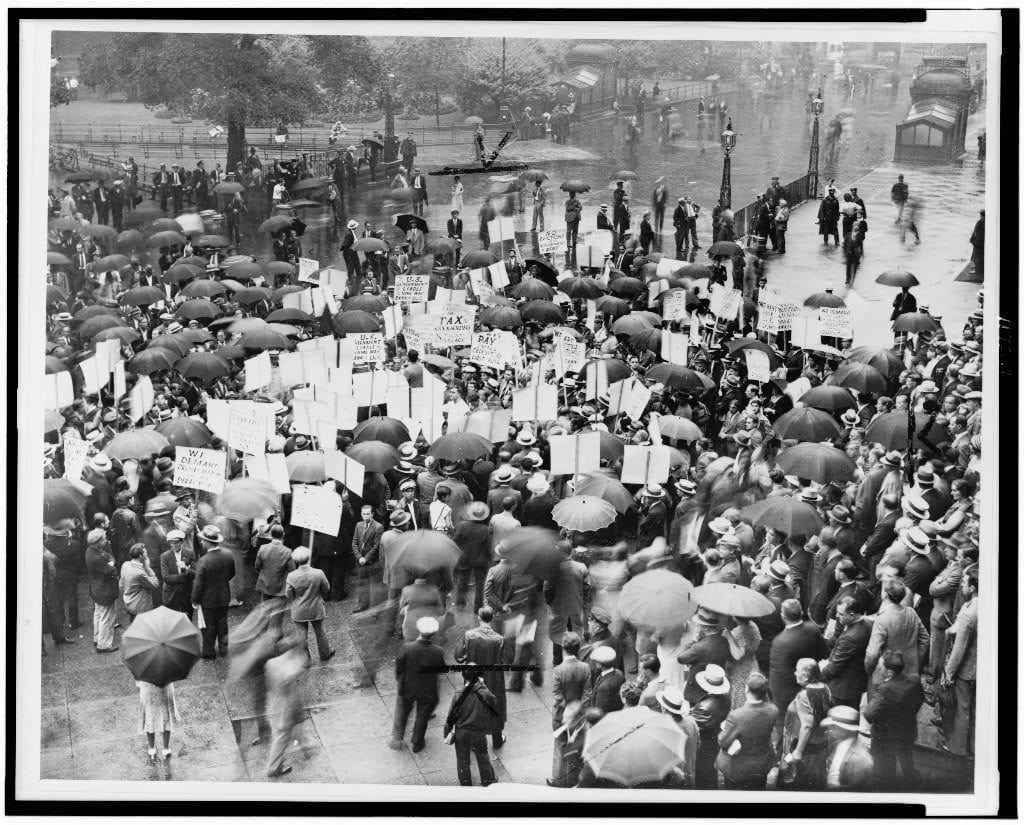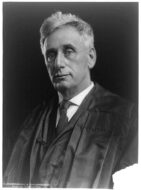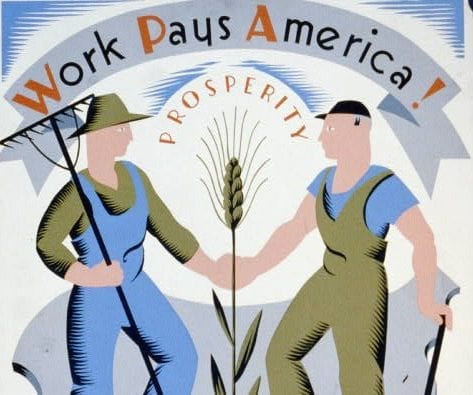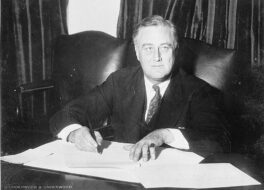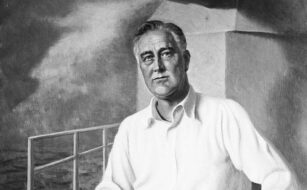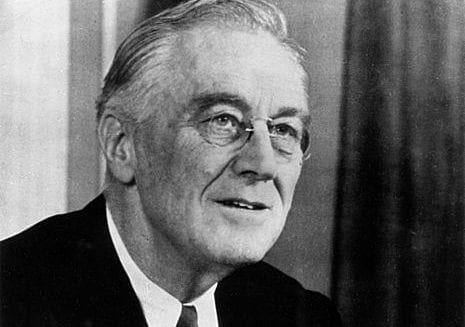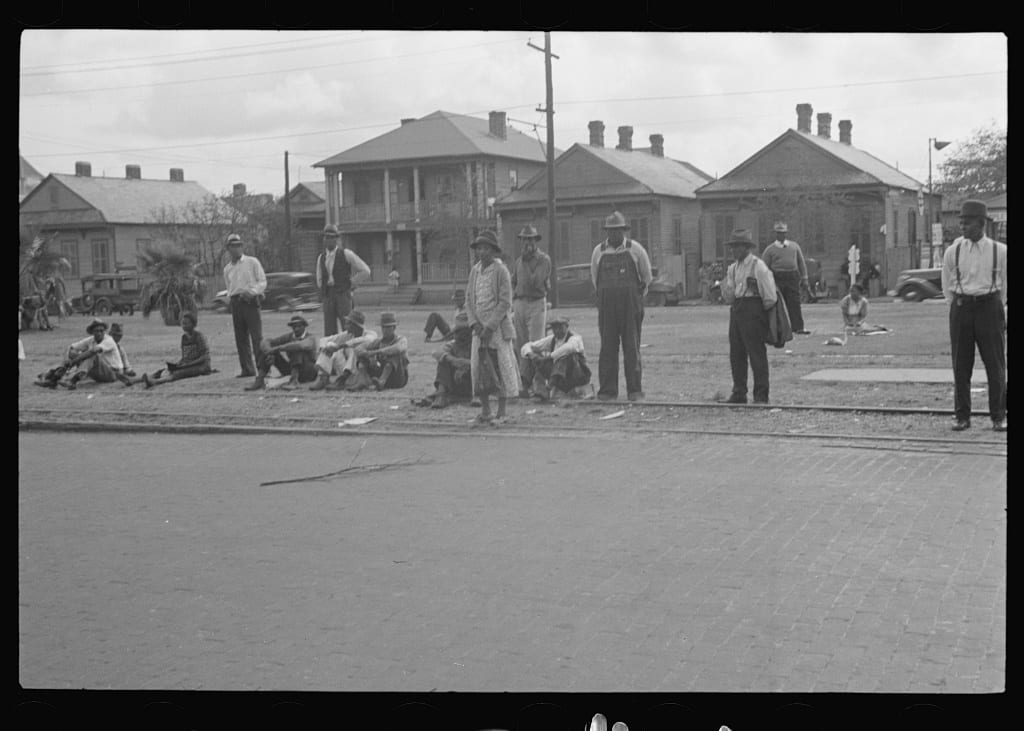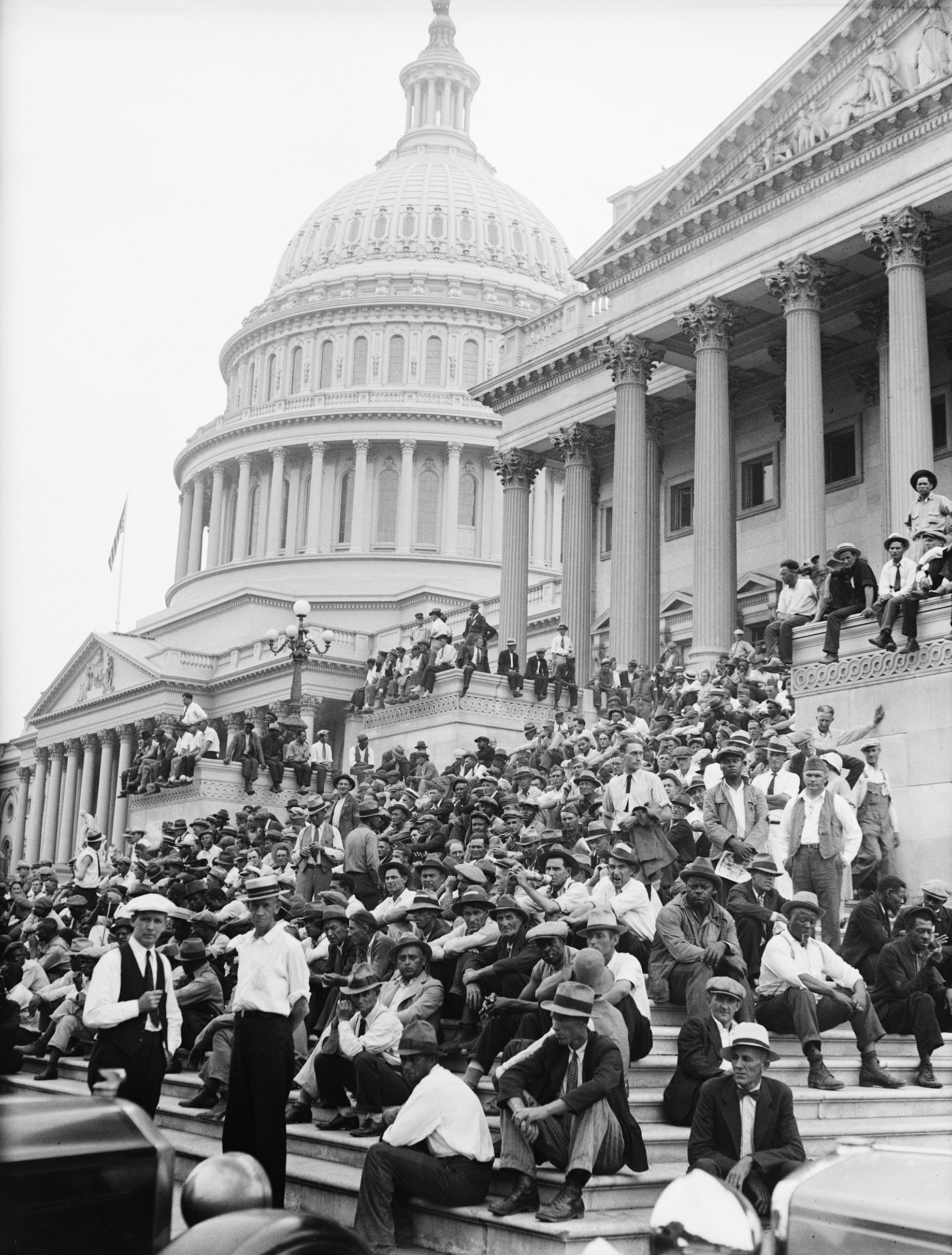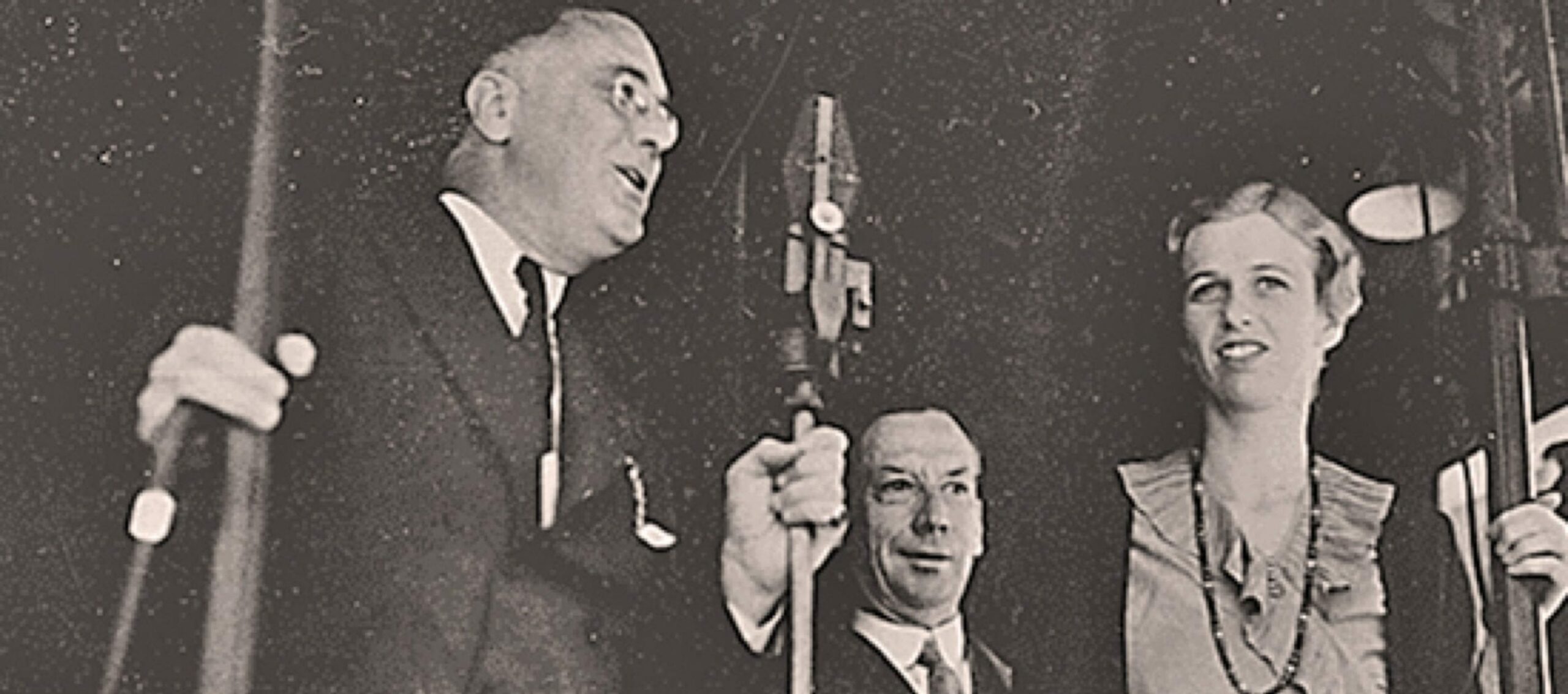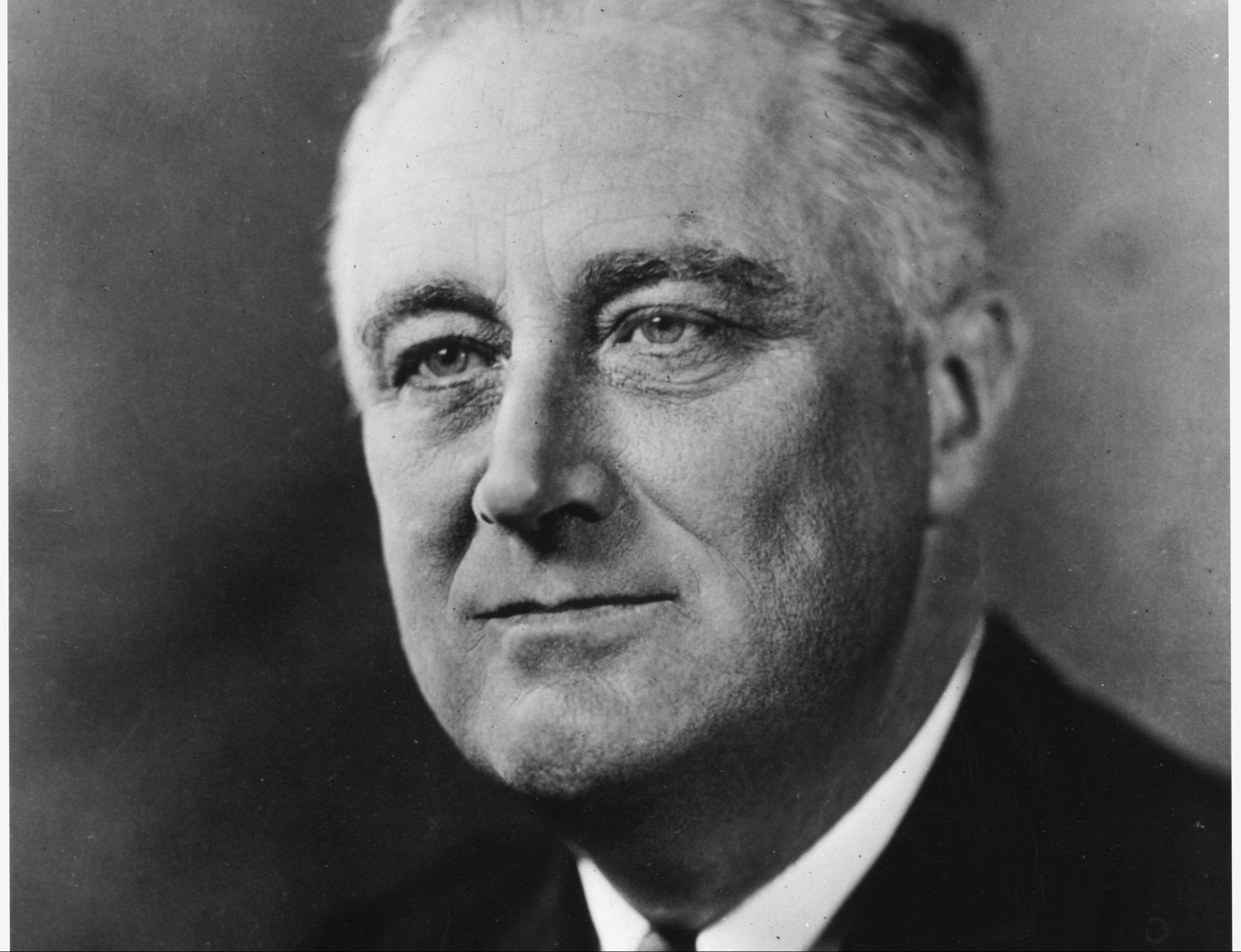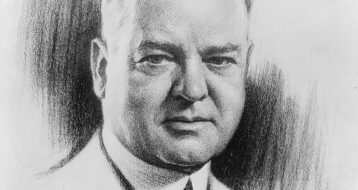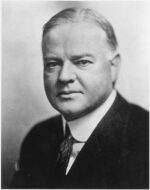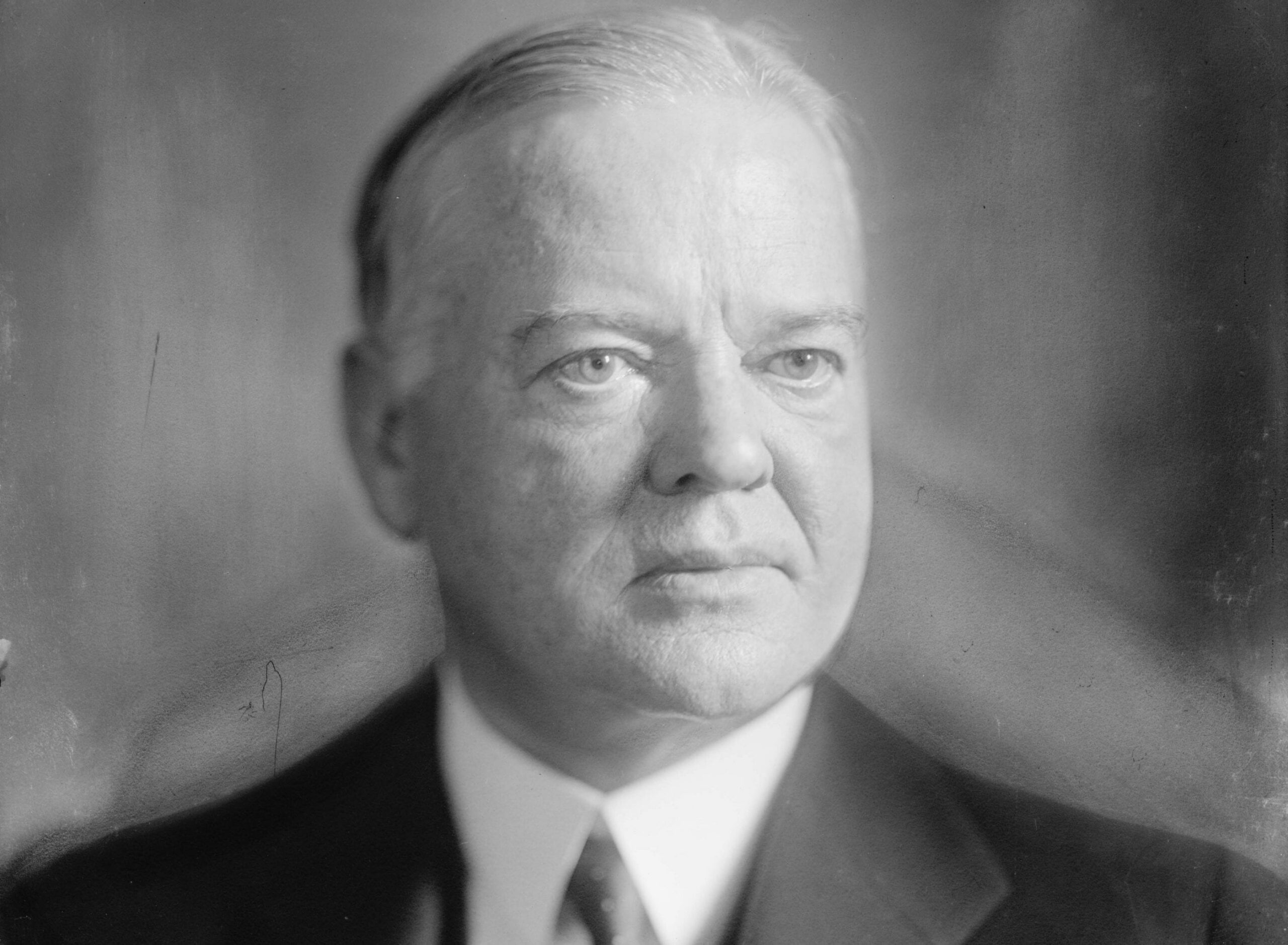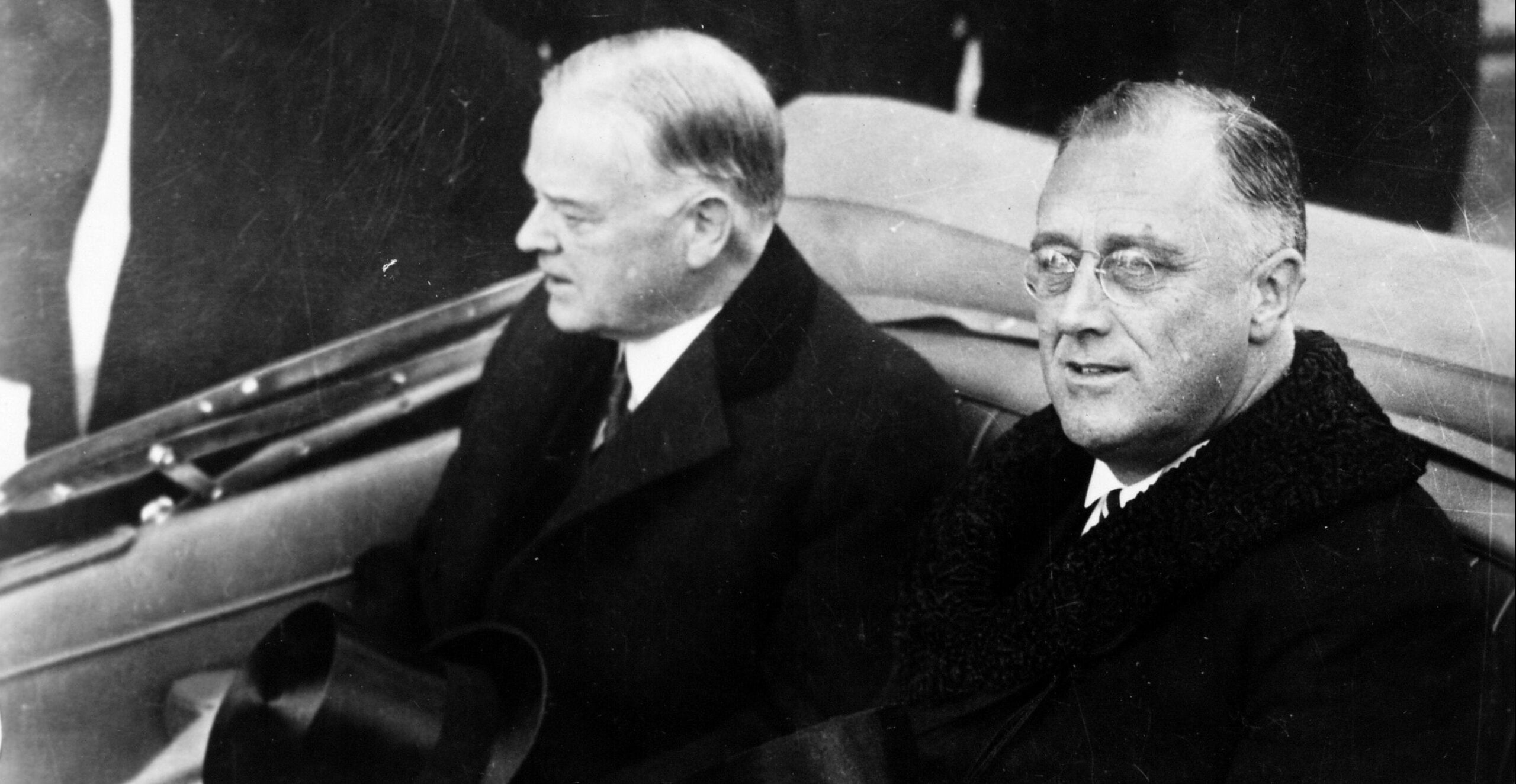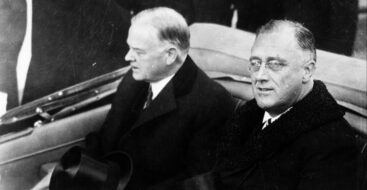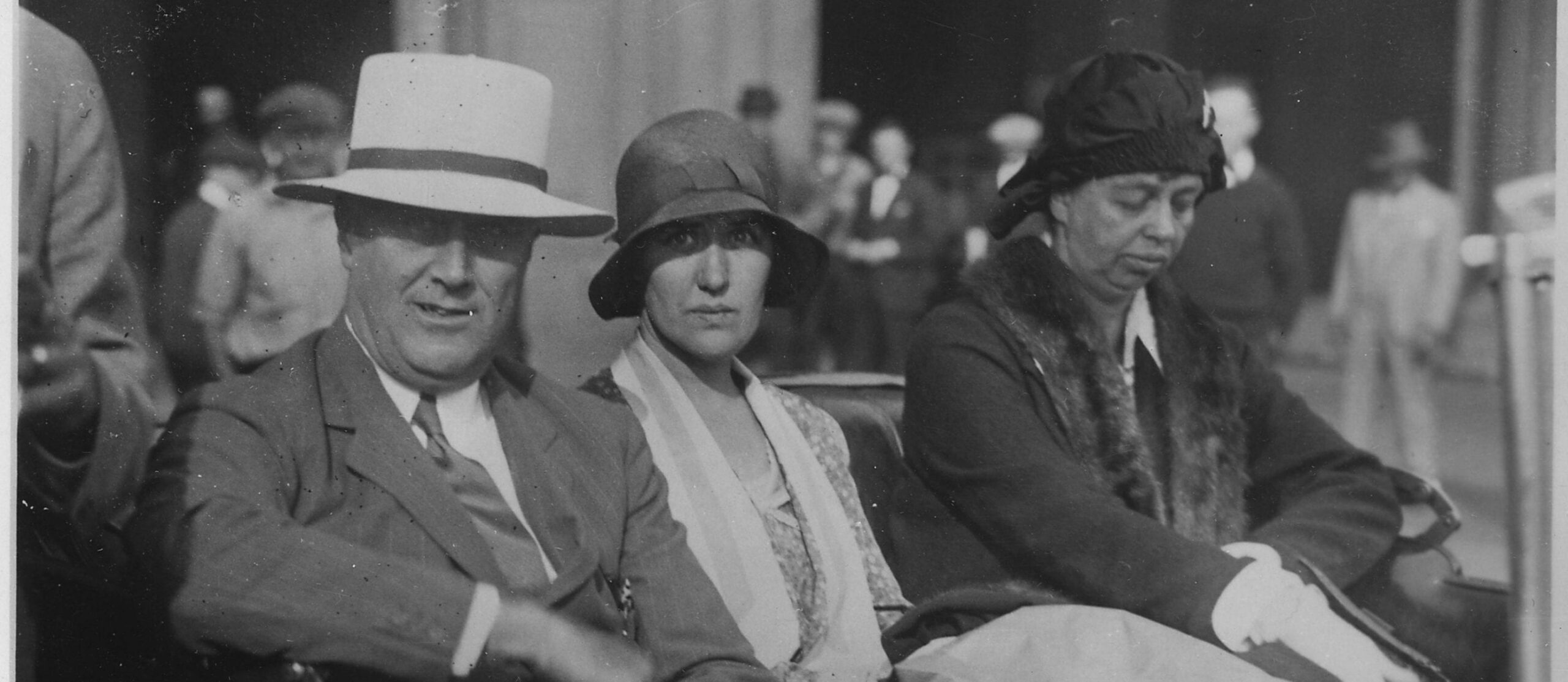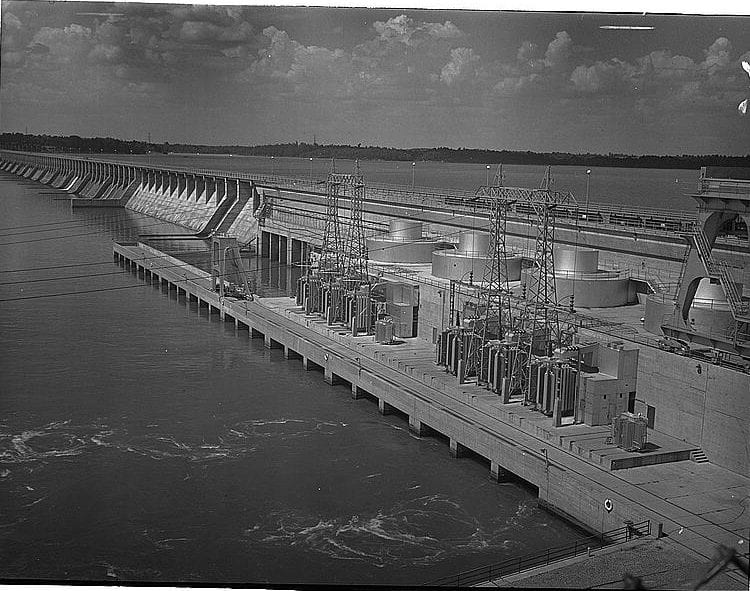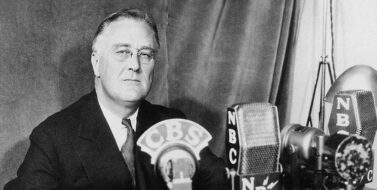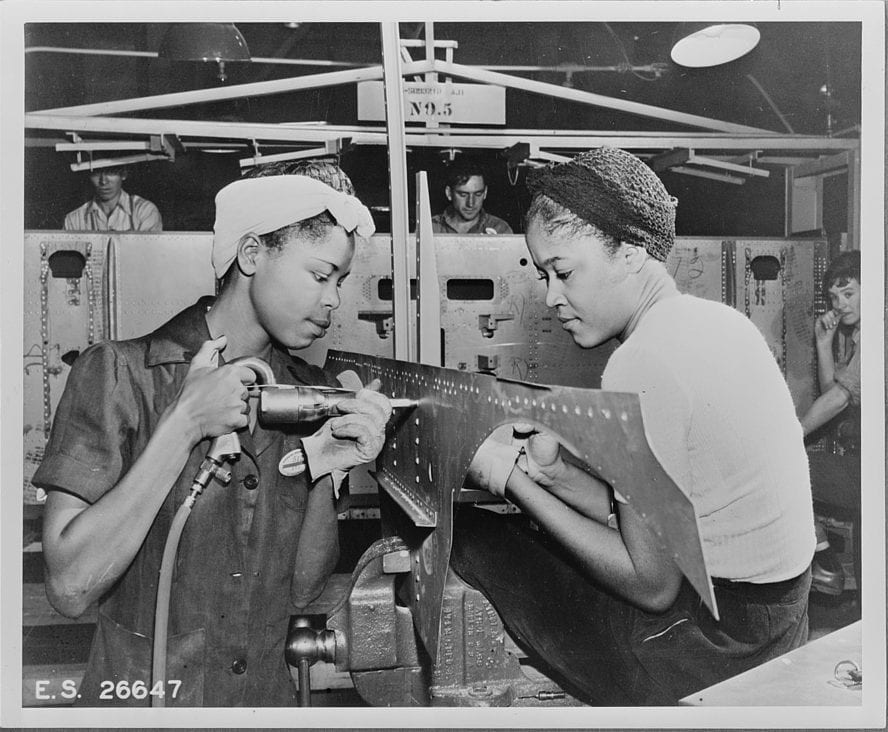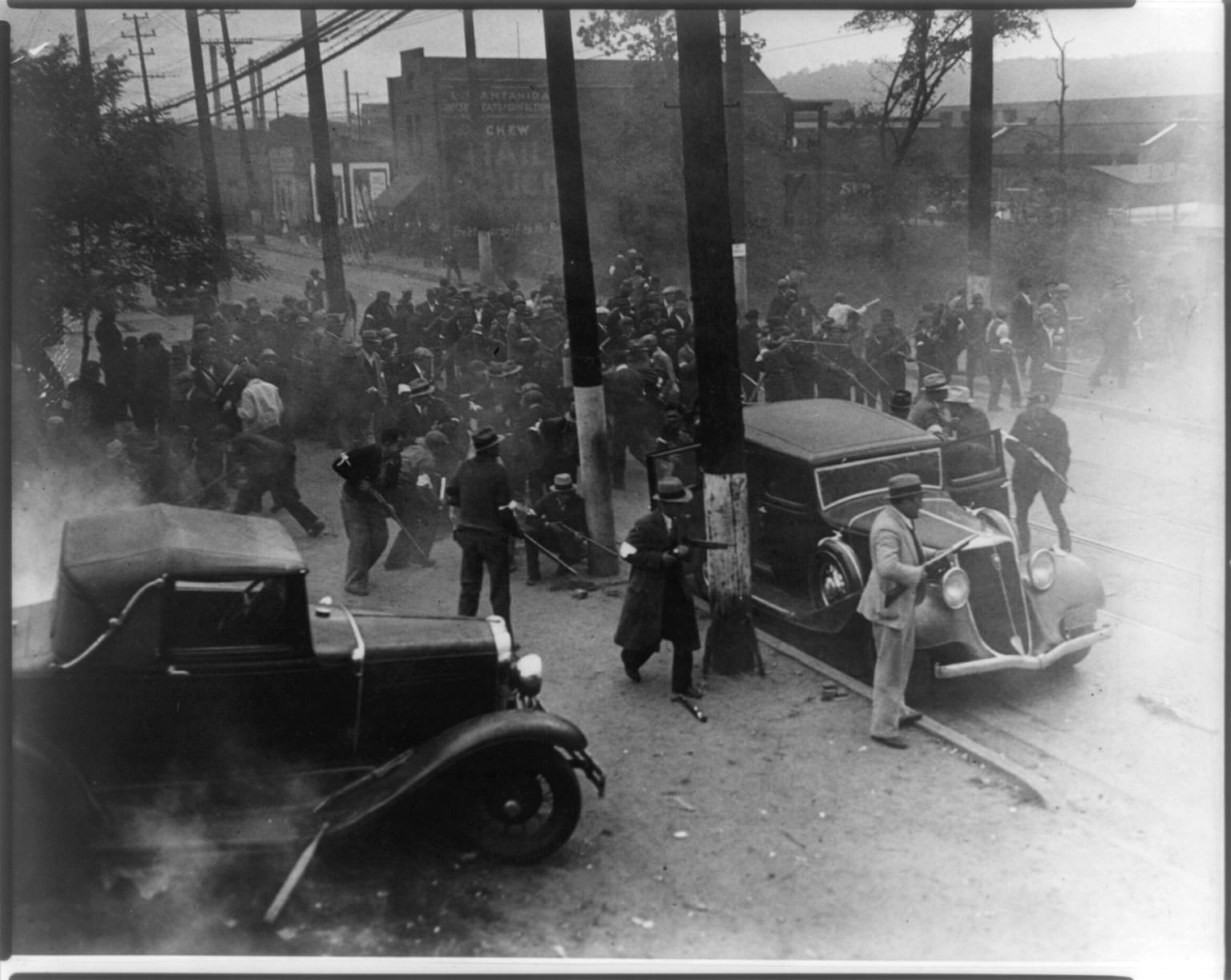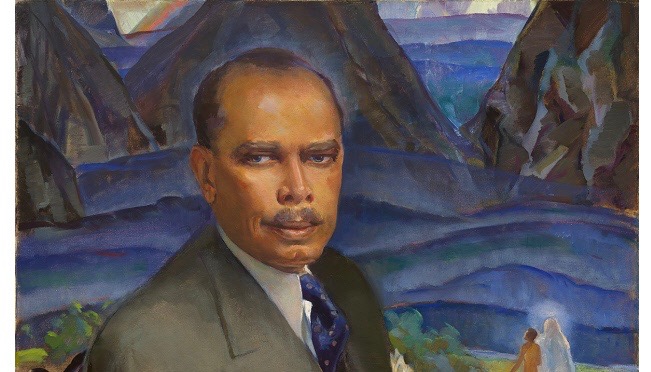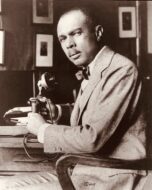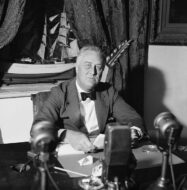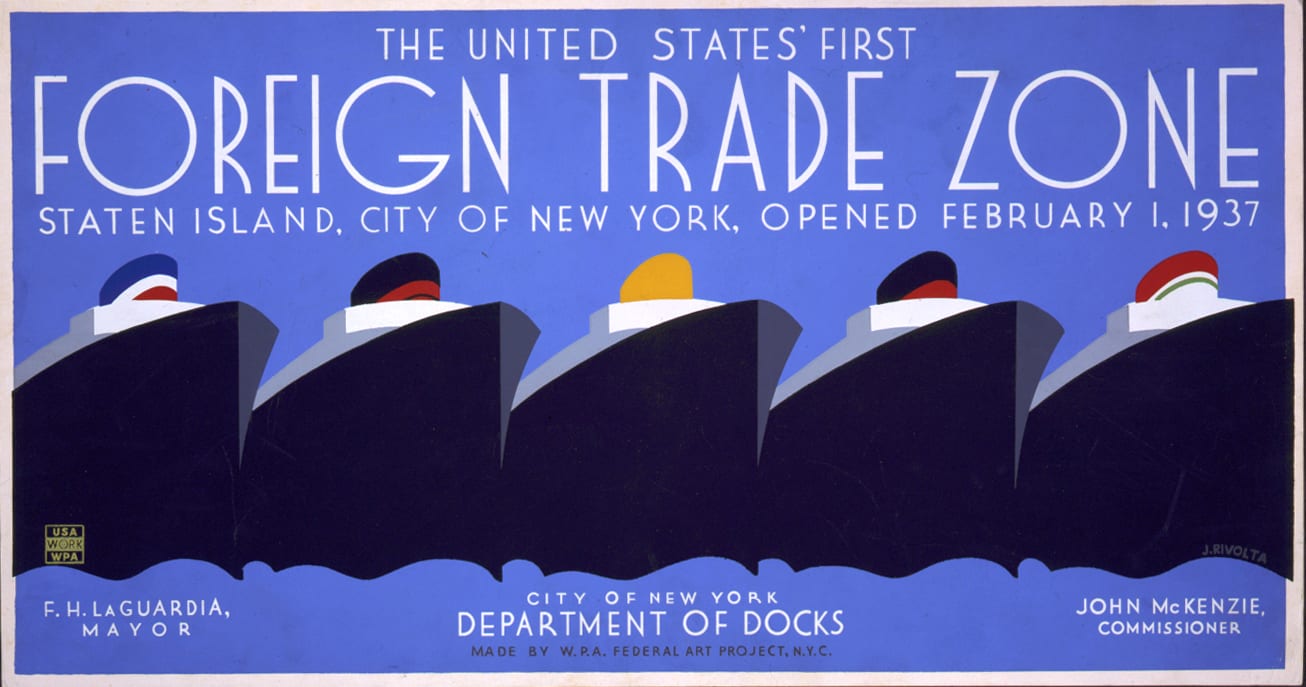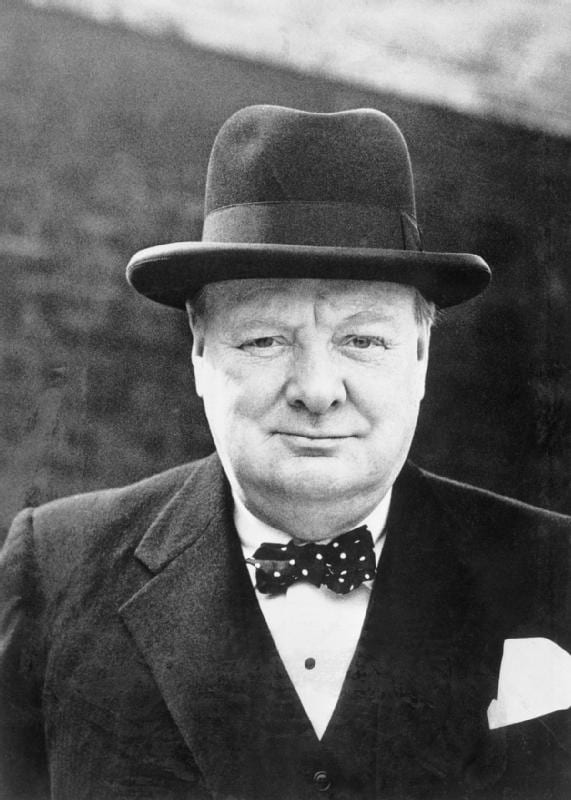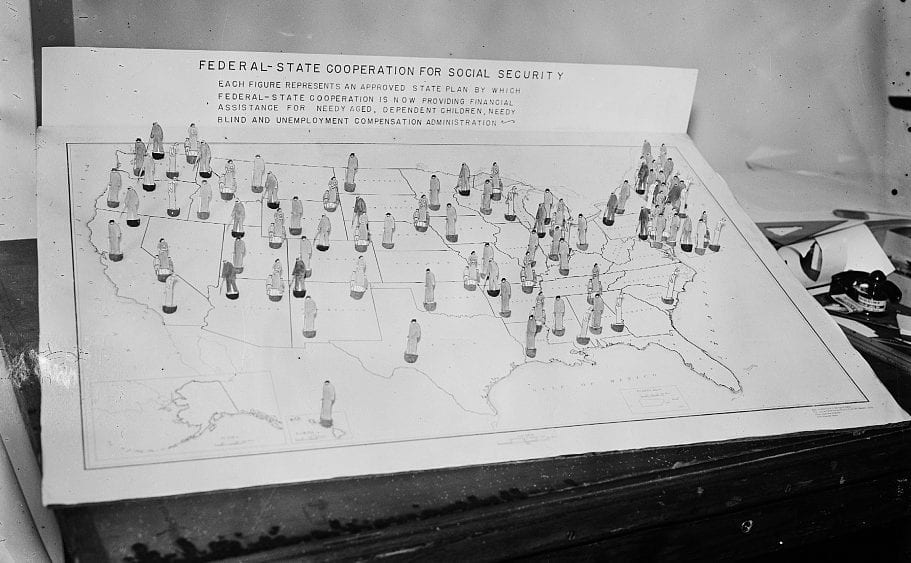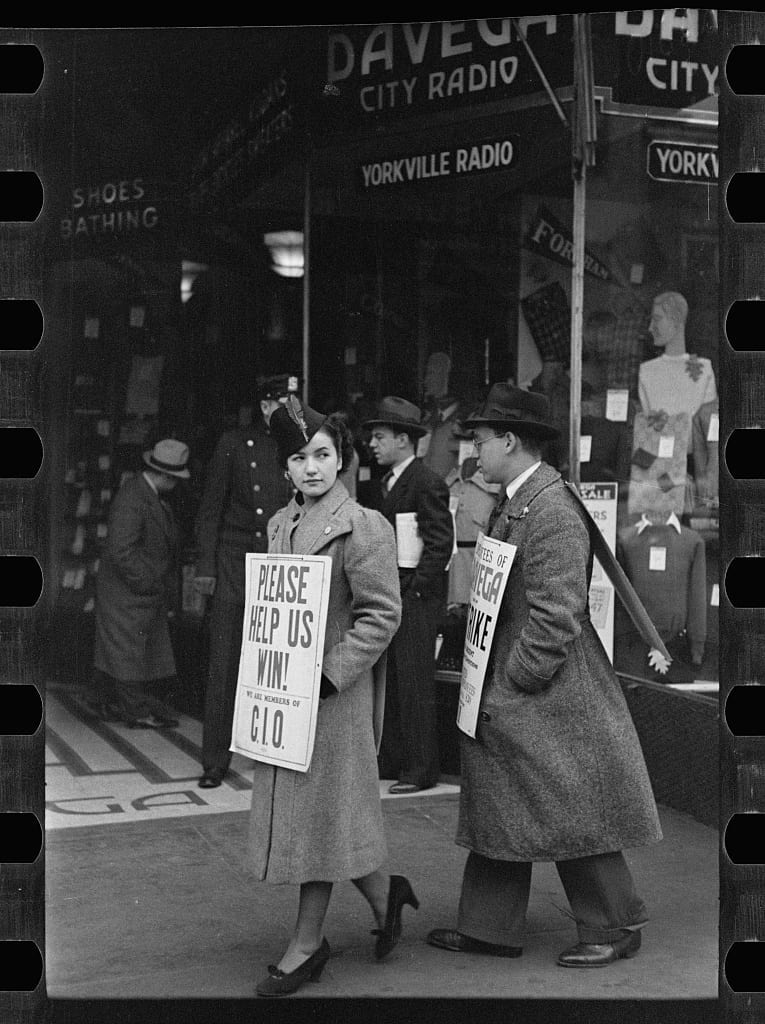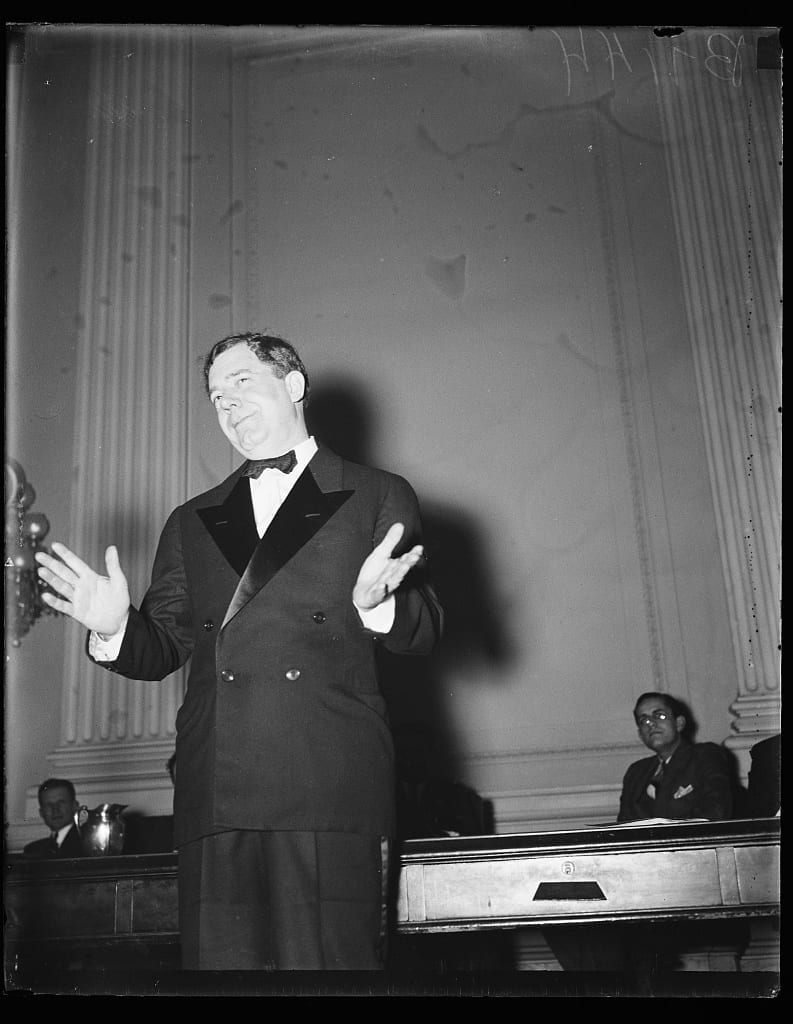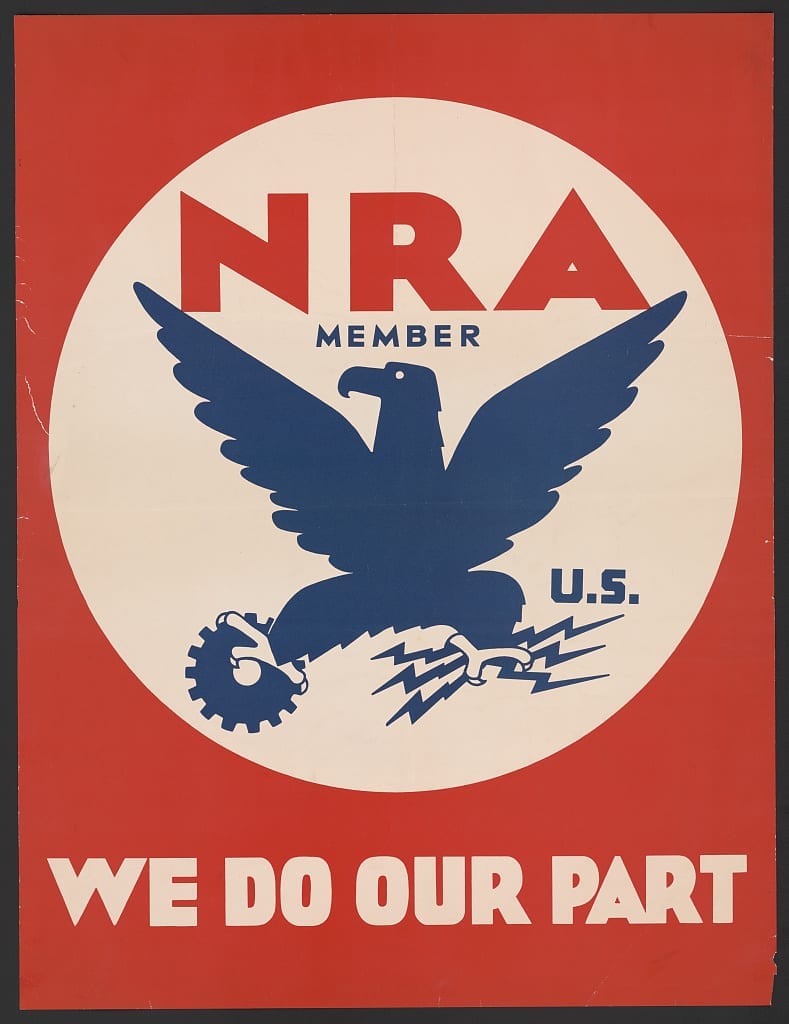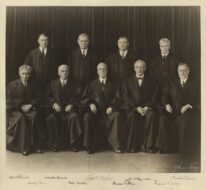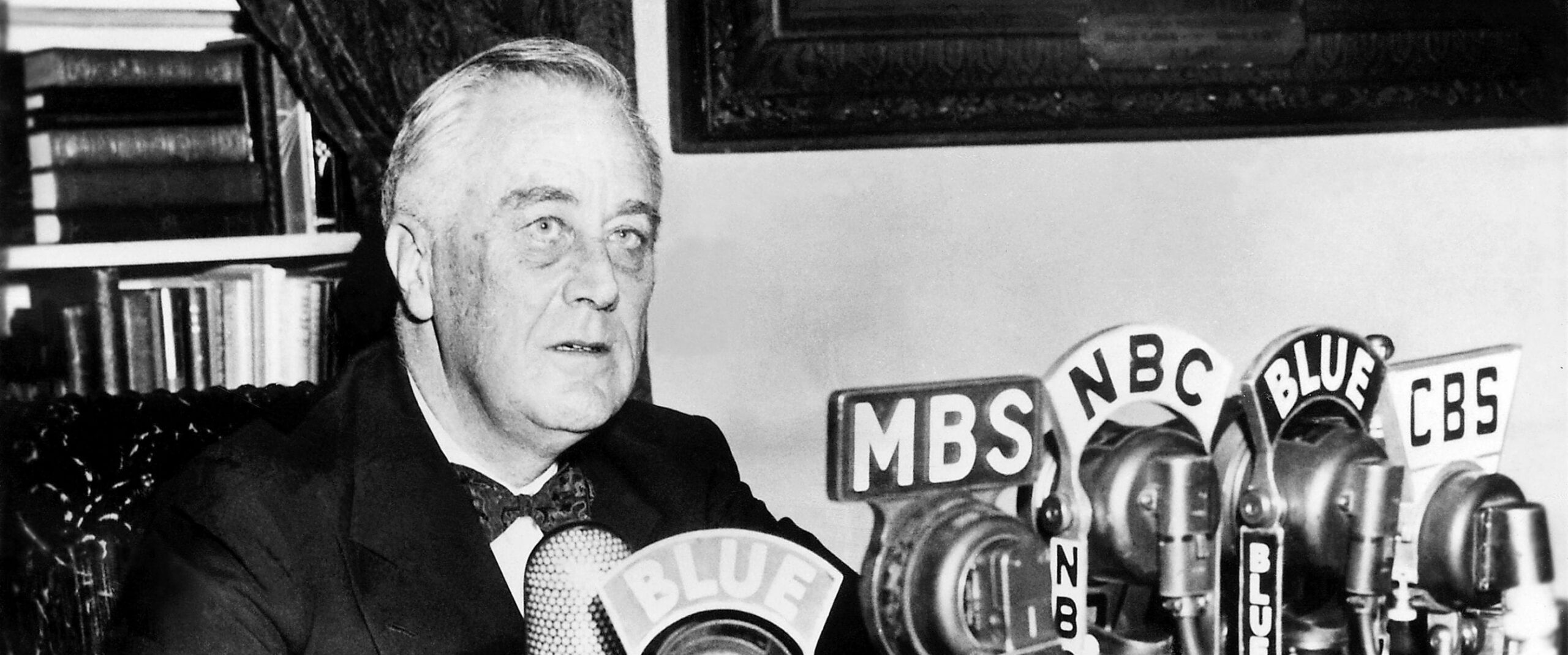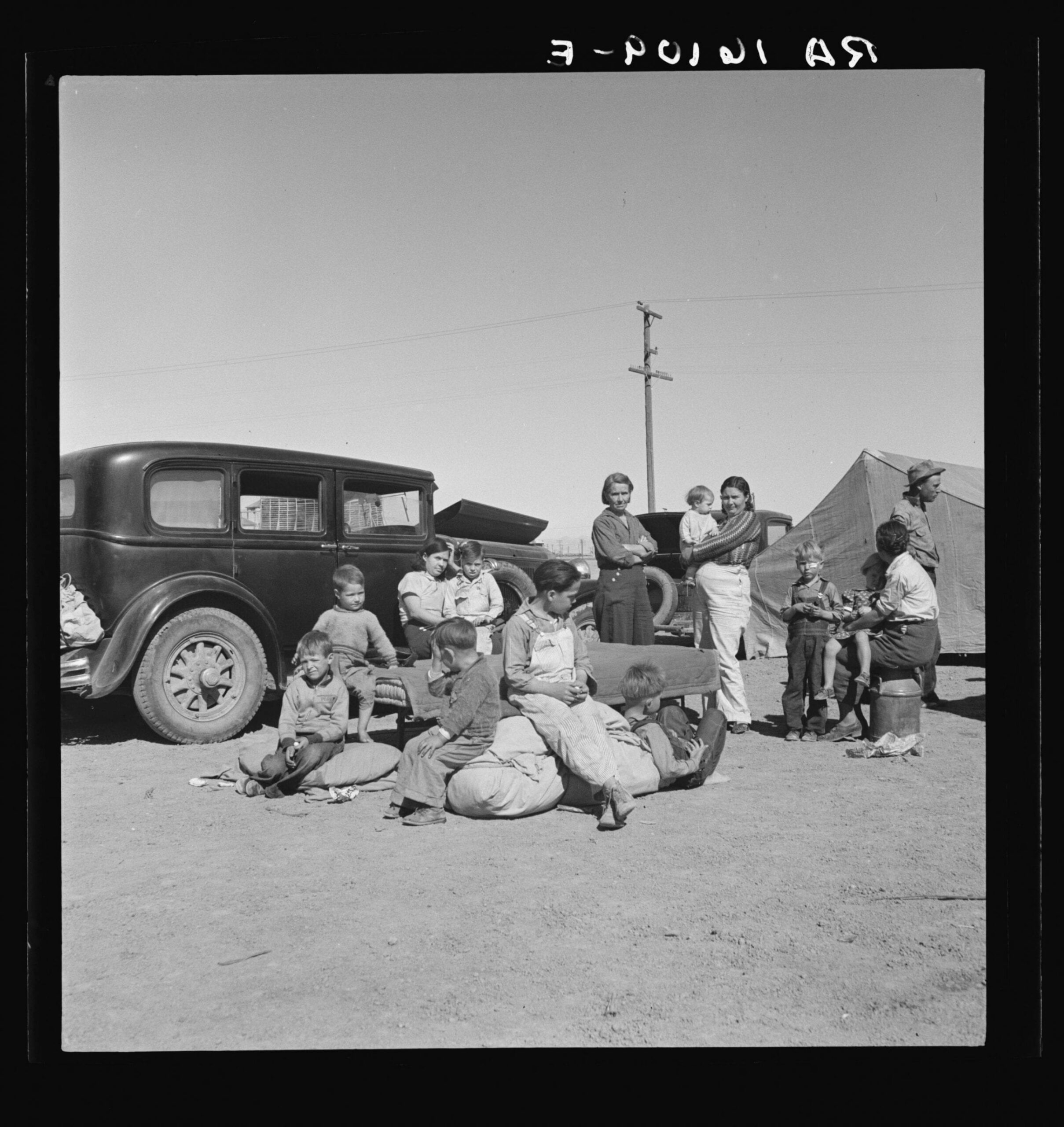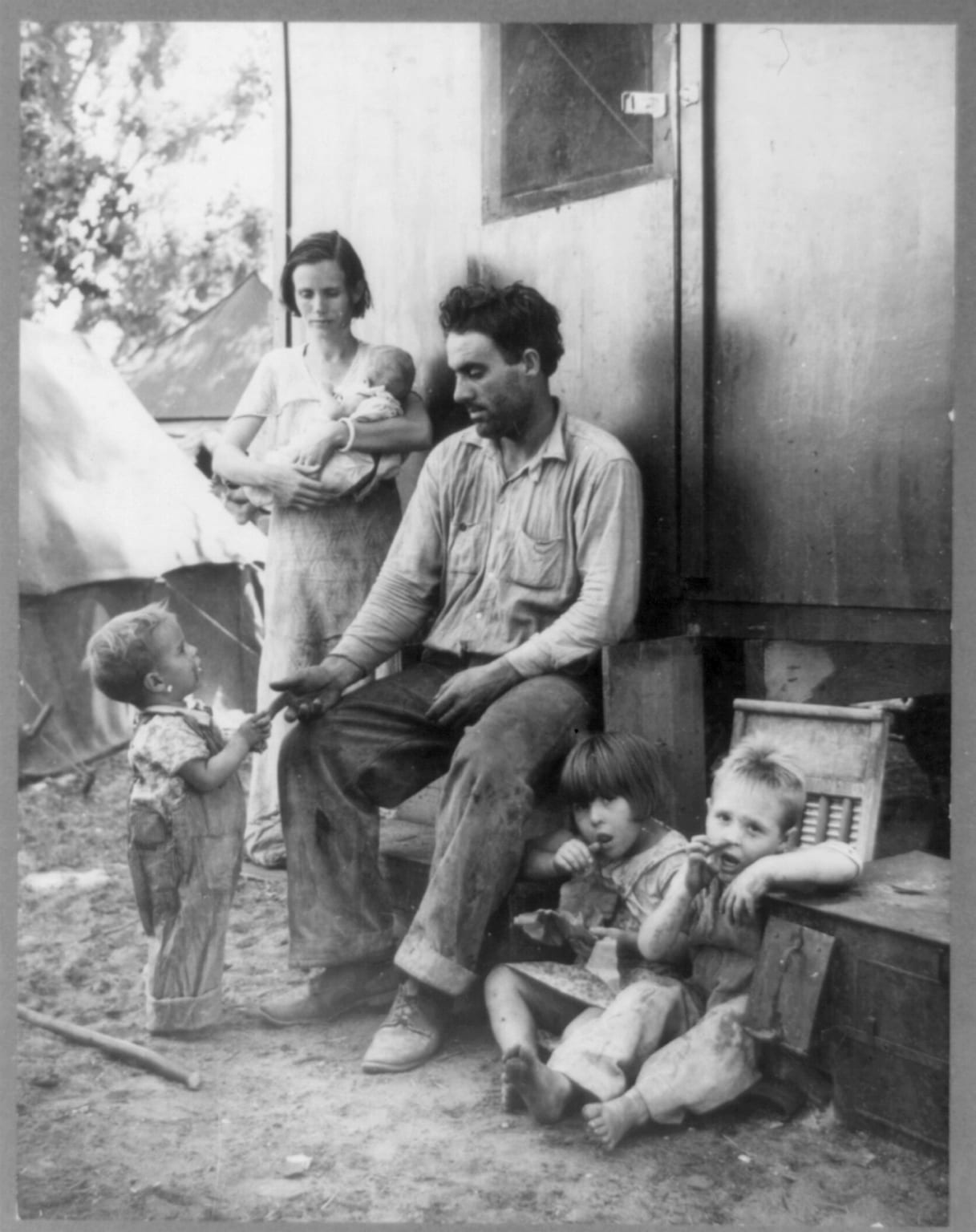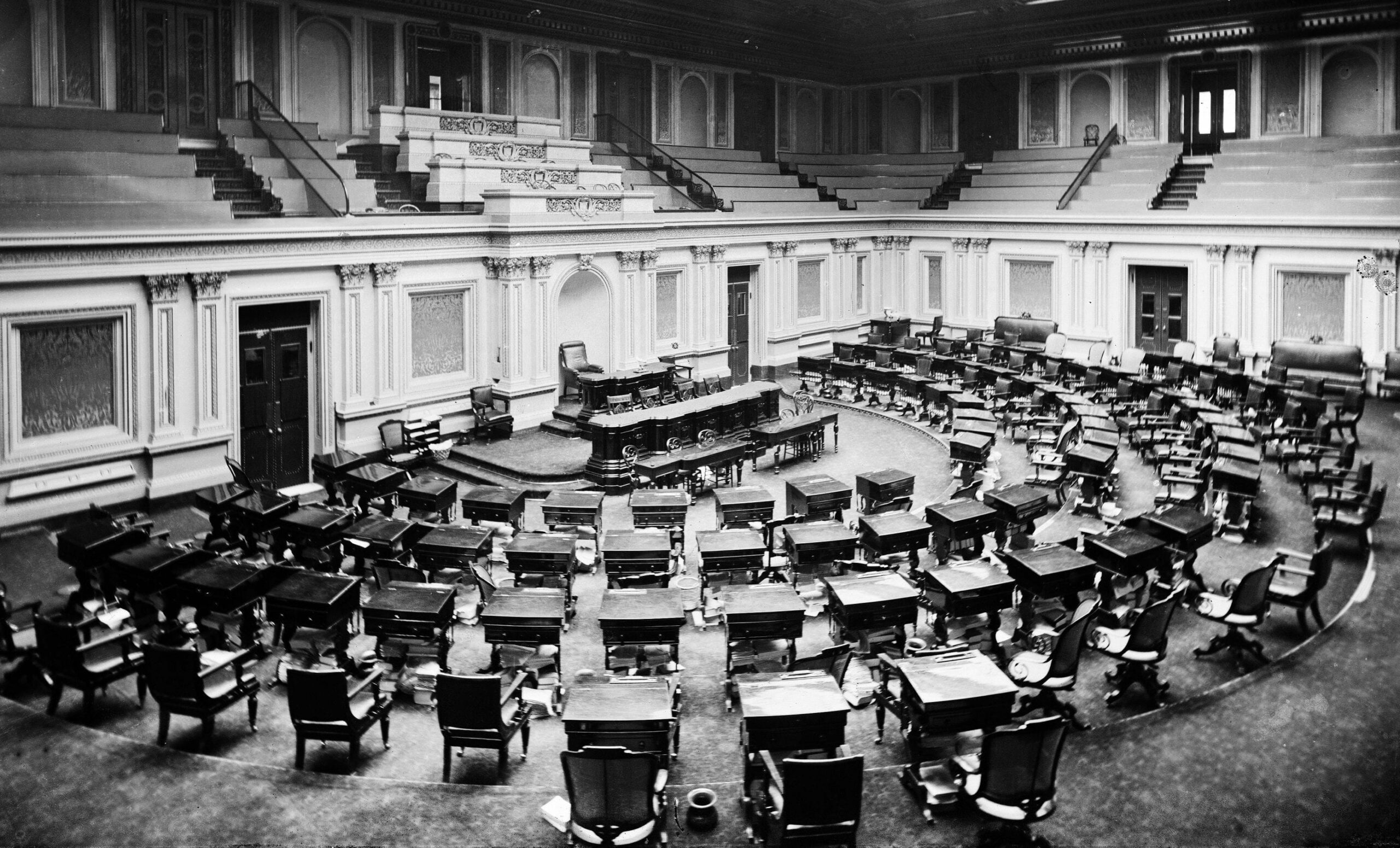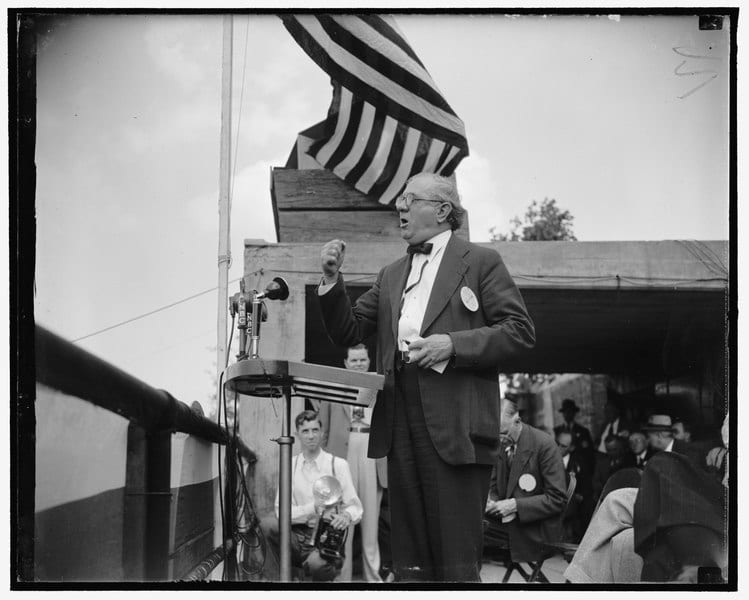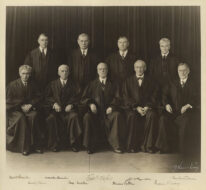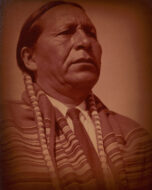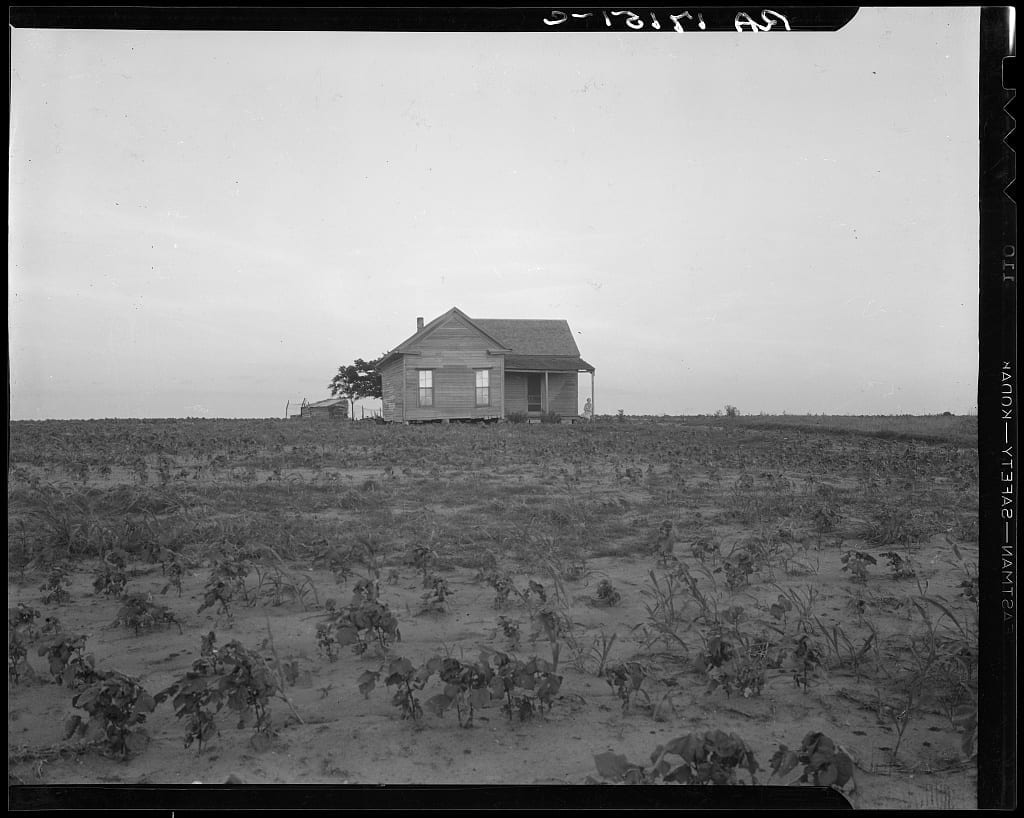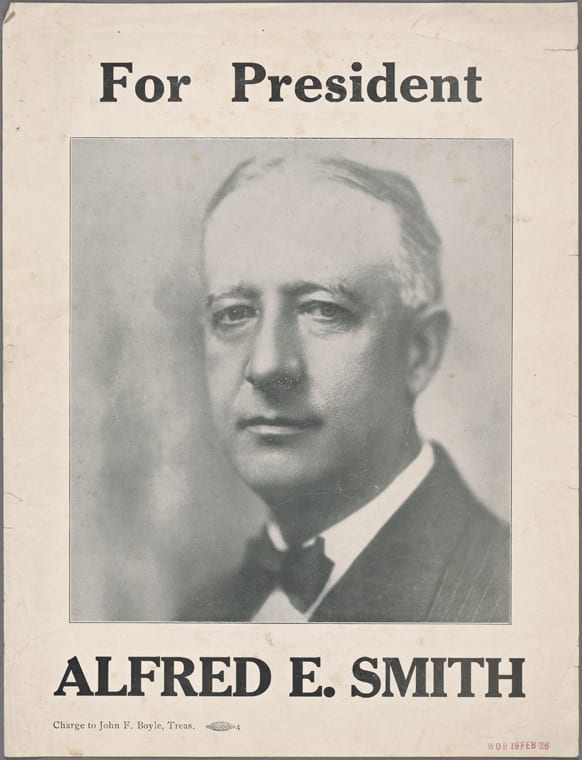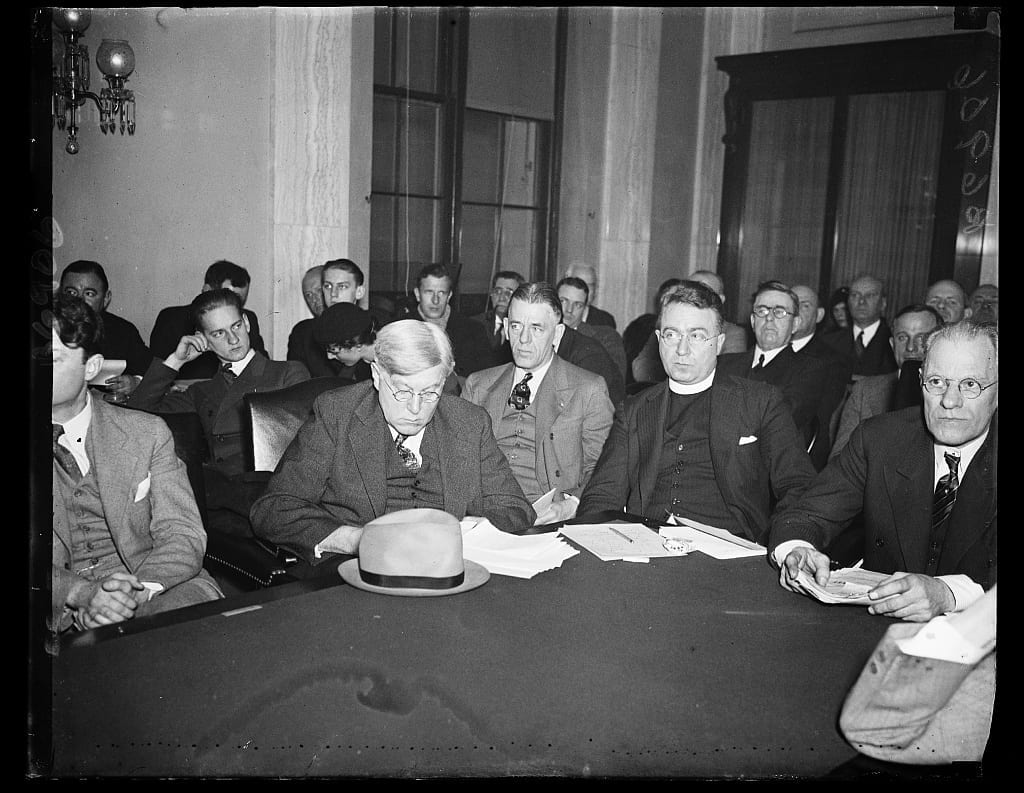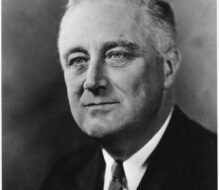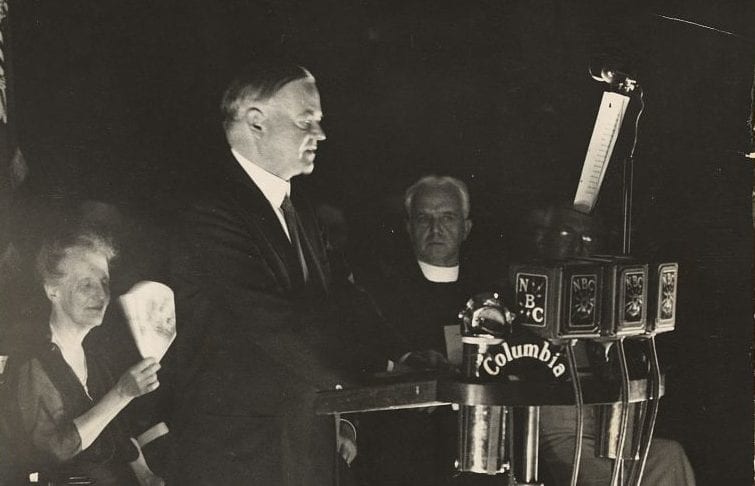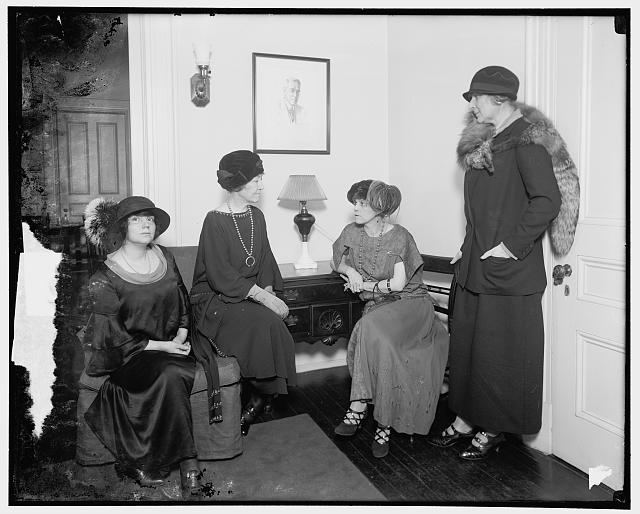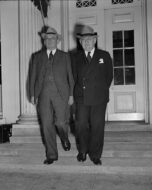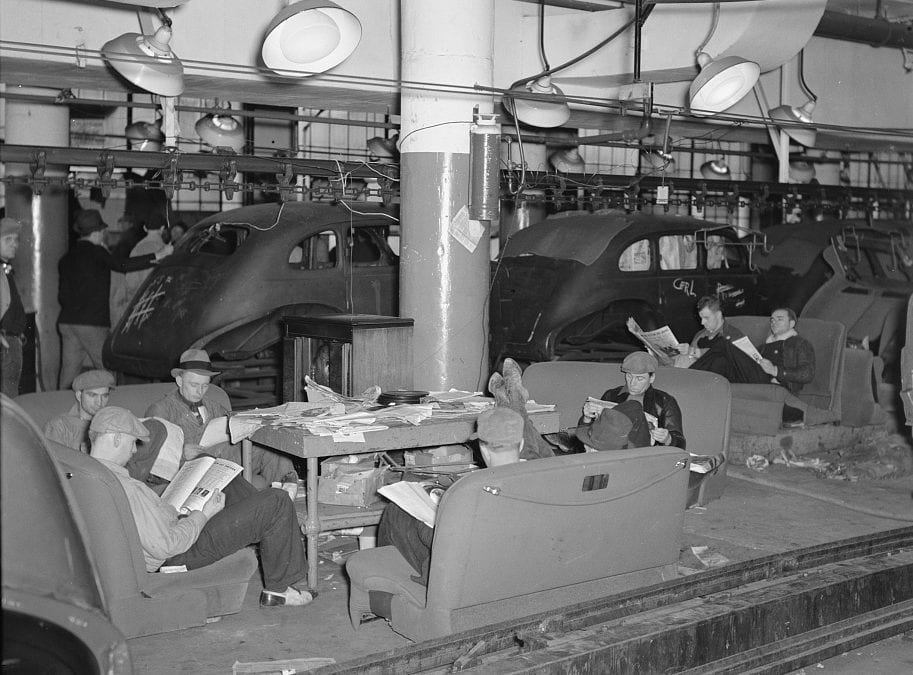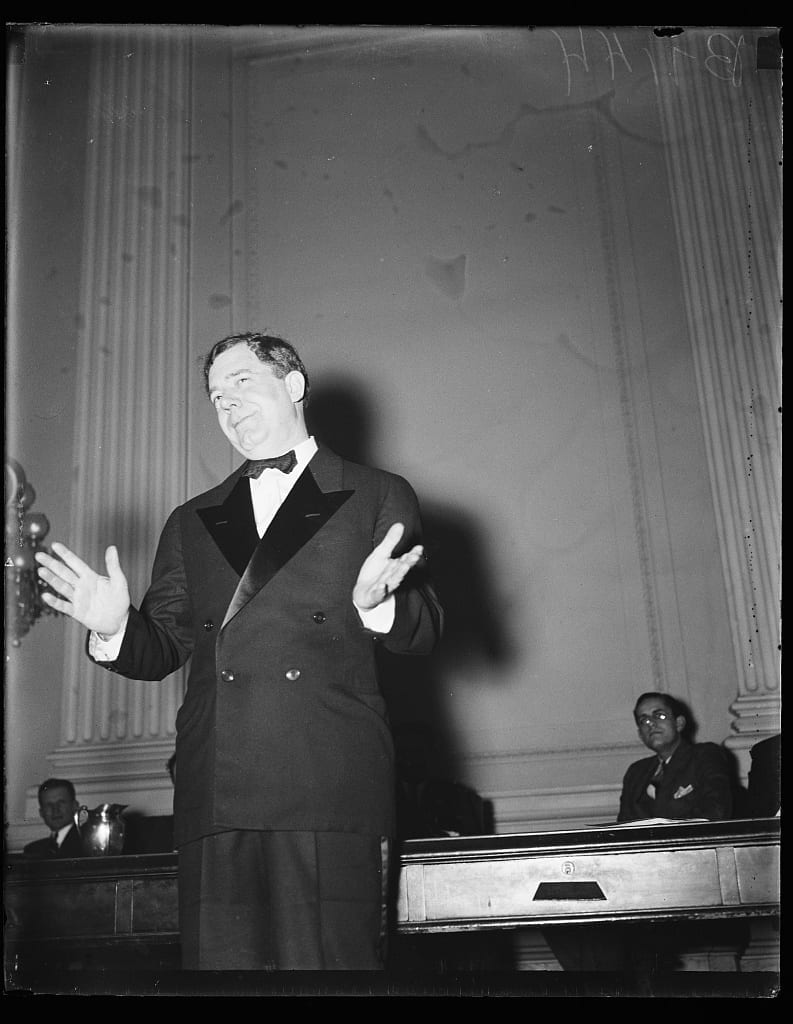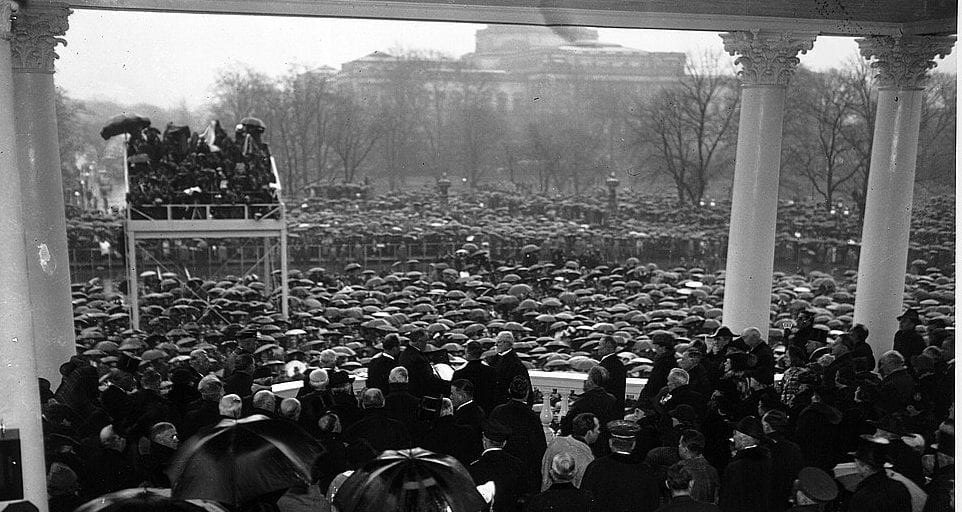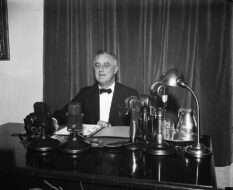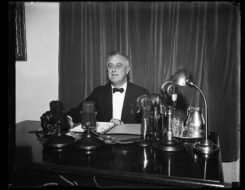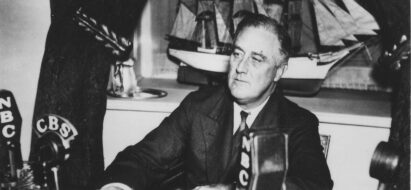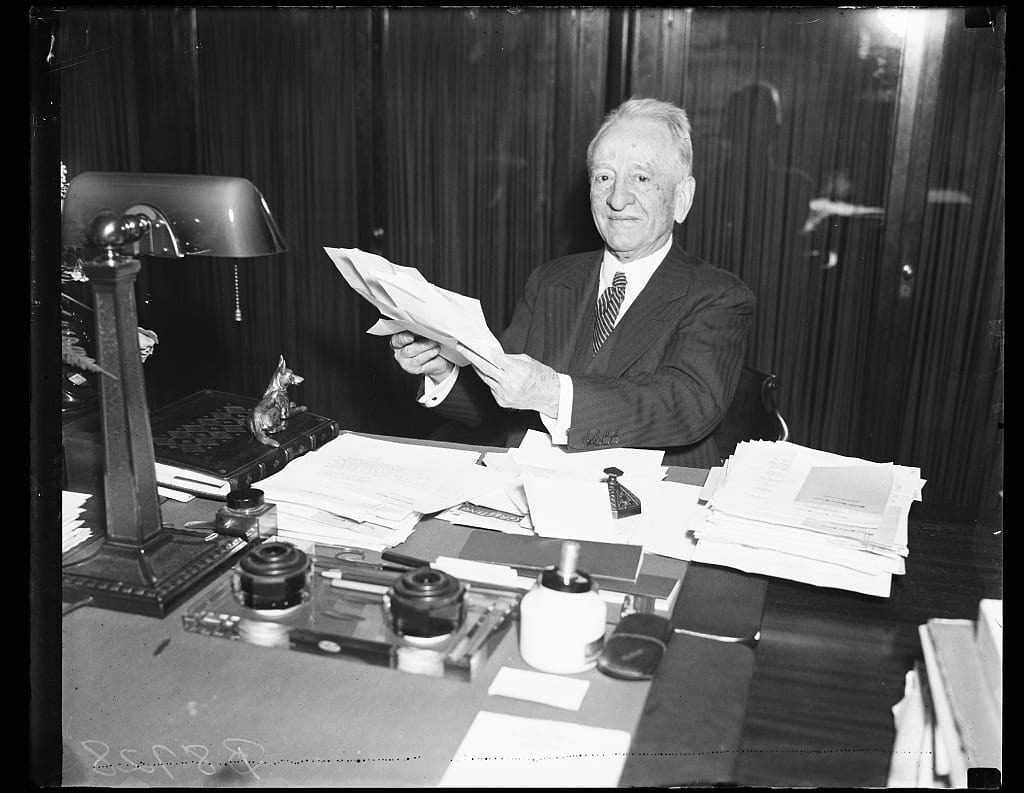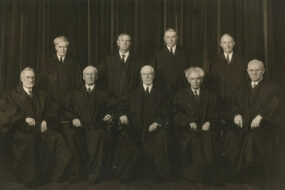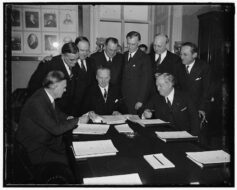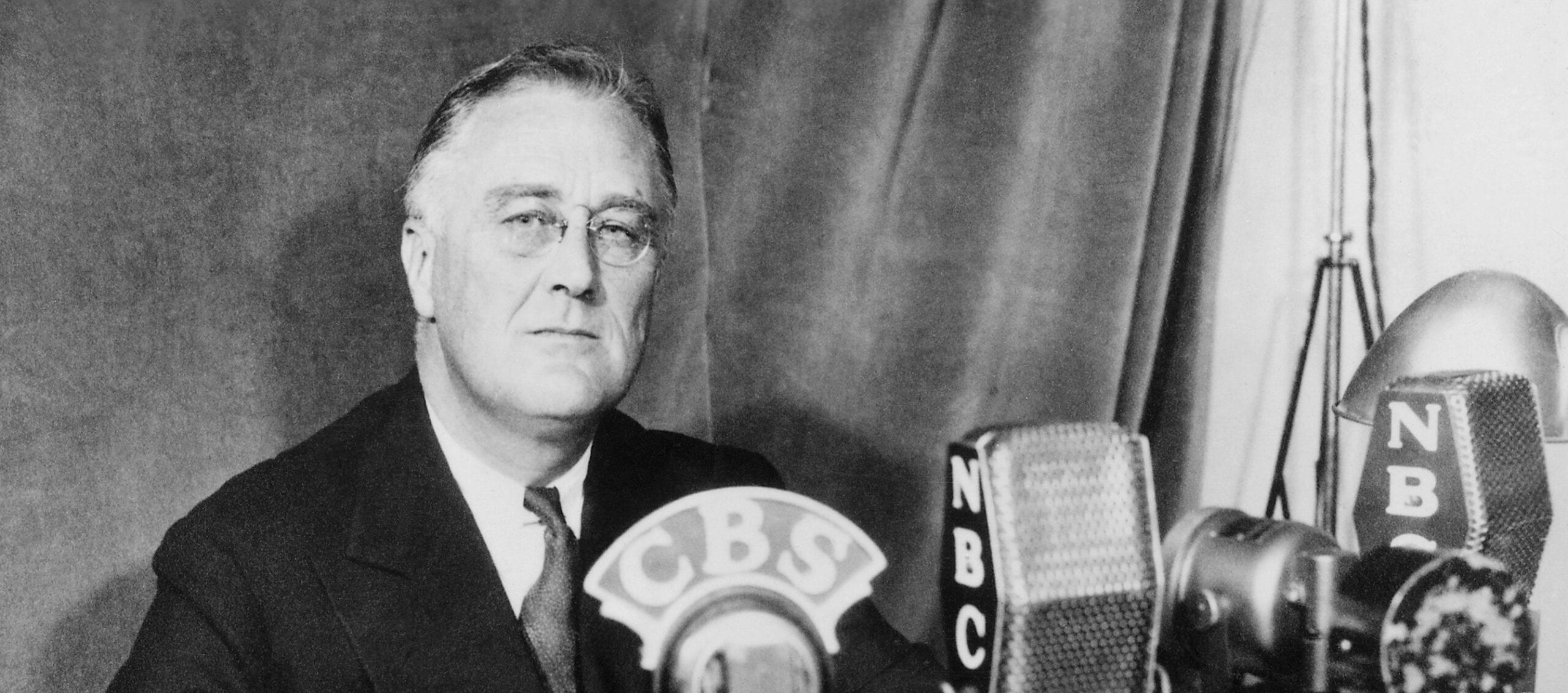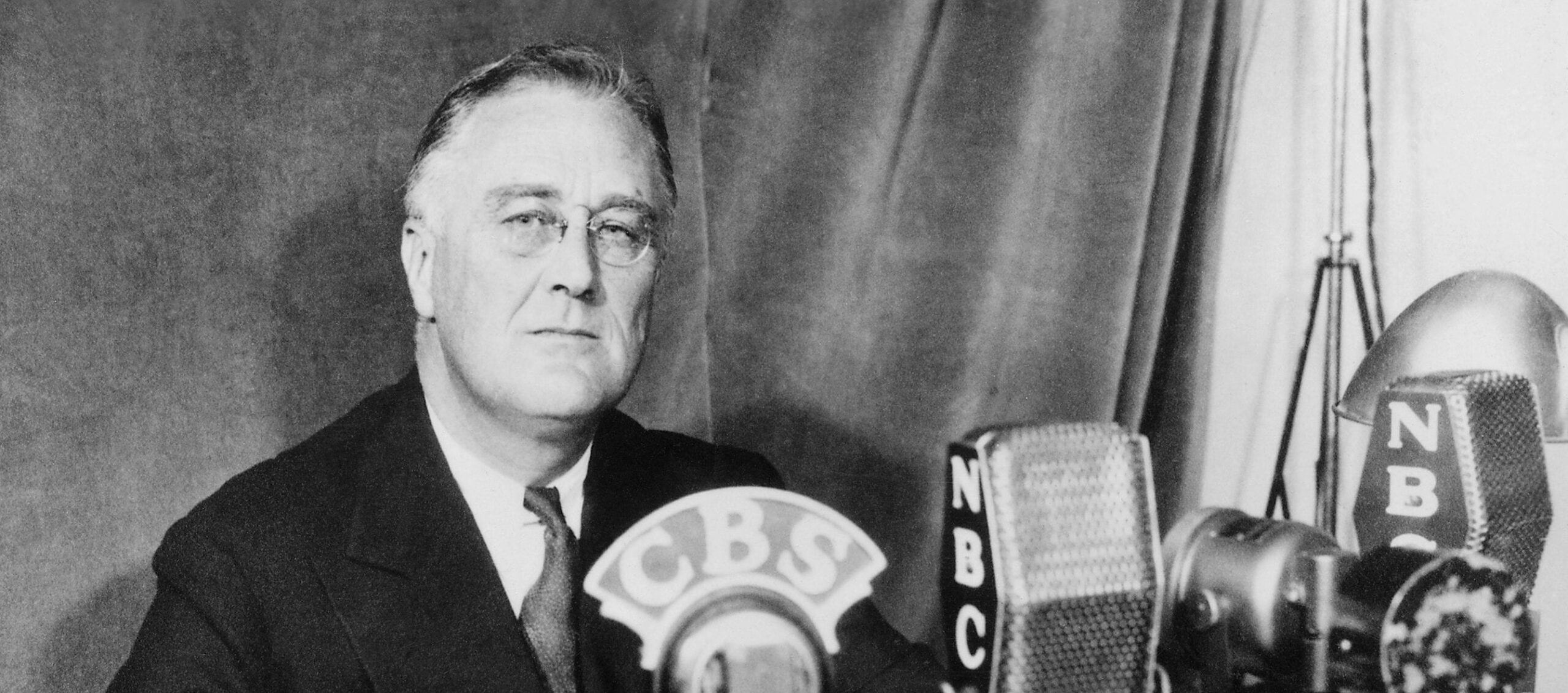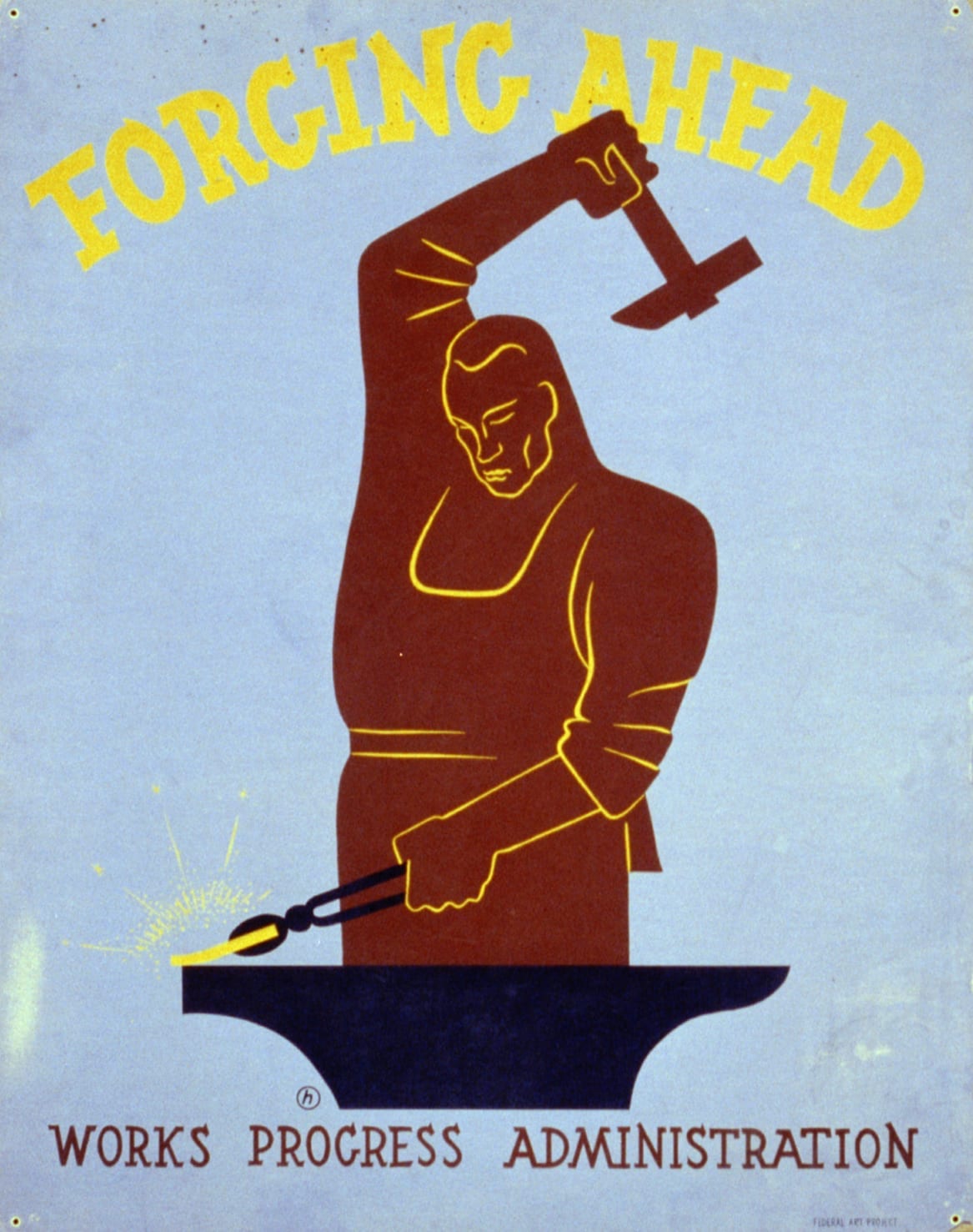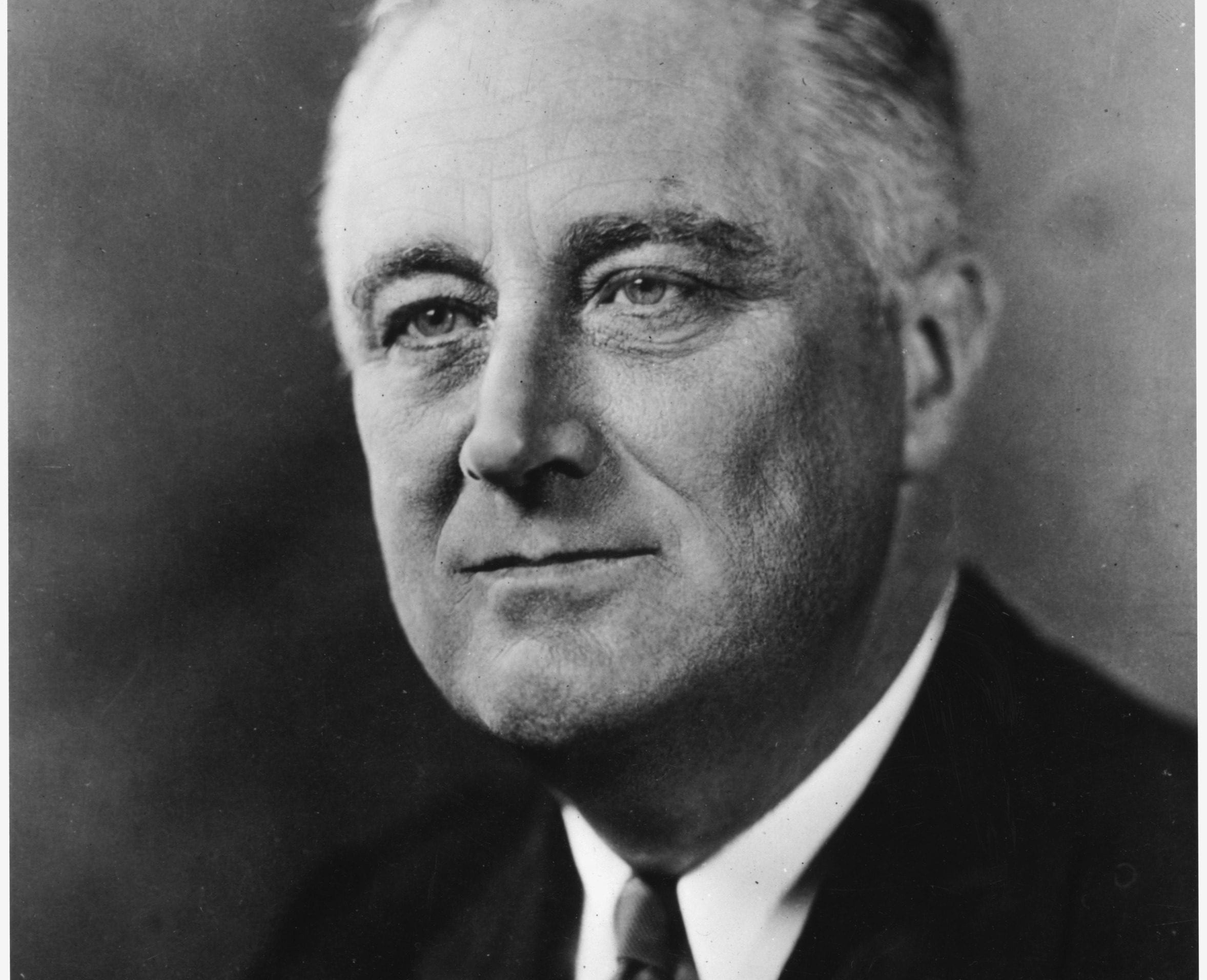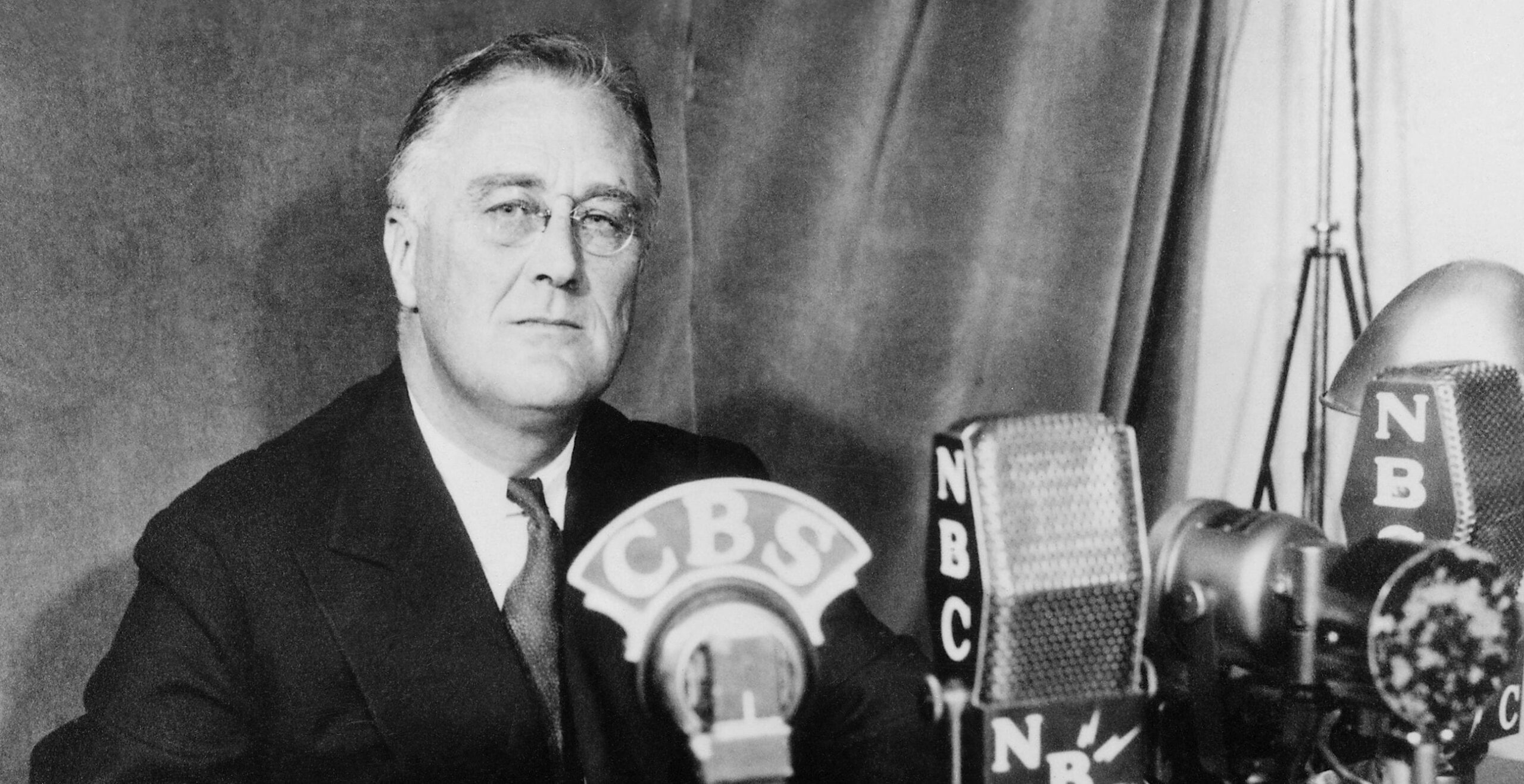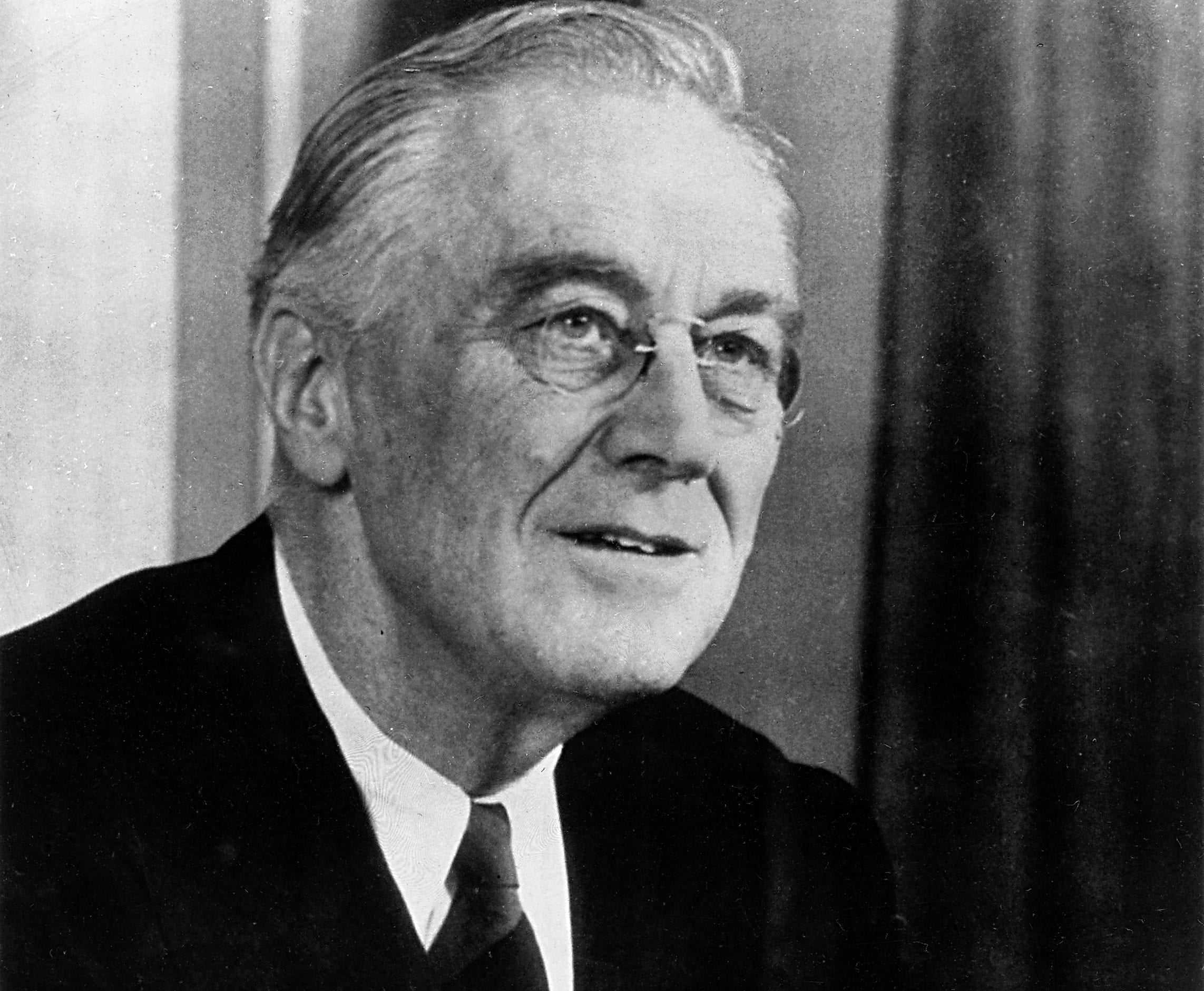
Introduction
John Dewey (1859–1952) was a prominent and widely influential American philosopher, psychologist, educator, public intellectual, and progressive political reformer. Among his many contributions to several academic disciplines, Dewey is often cited for his embrace of philosophical pragmatism, a key element in the development of progressive political theory. For Dewey, philosophic inquiry was best directed toward experimentation in solving practical social, economic, and political problems. Indeed, according to such a view, truth itself might be best understood in the light of experience and practical consequences rather than abstract principles thought to be true everywhere and always. Dewey often used this reasoning to criticize the ideas of natural law and natural rights.
In the realm of political thought, “liberalism” is a mode of thinking that often suggests that individuals have rights and that the purpose of government is to exalt and protect those rights. Just what the nature and scope of those rights might be, however, along with the nature and scope of government itself, has been debated even among those within the liberal tradition. In his 1935 book, Liberalism and Social Action, Dewey argued that liberalism had thus far embraced a laissez-faire, rights-based individualism. This liberalism was a key influence on the ideas and institutions of the American founding. According to Dewey, the old liberals mistakenly assumed that there were natural laws that applied to all human beings at all times, and they erred in believing that there were natural, unalienable rights that might place enduring moral limitations on the actions of government. In modern economic and social conditions, he argued, this classical liberalism would only stand in the way of efficient experimentation, frustrating the progressive improvement of the human condition. According to Dewey, liberalism must be redefined and recast in light of contemporary philosophy and contemporary concerns.
Source: John Dewey, Liberalism and Social Action (New York: G. P. Putnam’s Sons, 1935), 37–61, available online at https://archive.org/details/dewey_liberalism/page/n4/mode/2up. We have omitted the author’s footnotes.
. . . .
The Crisis in Liberalism
The net effect of the struggle of early liberals to emancipate individuals from restriction imposed upon them by the inherited type of social organization was to pose a problem, that of a new social organization. The ideas of liberals set forth in the first third of the nineteenth century were potent in criticism and in analysis. They released forces that had been held in check. But analysis is not construction, and release of force does not of itself give direction to the force that is set free. Victorian optimism concealed for a time the crisis at which liberalism had arrived. But when that optimism vanished amid the conflict of nations, classes, and races characteristic of the latter part of the nineteenth century—a conflict that has grown more intense with the passing years—the crisis could no longer be covered up. The beliefs and methods of earlier liberalism were ineffective when faced with the problems of social organization and integration. Their inadequacy is a large part of belief now so current that all liberalism is an outmoded doctrine. At the same time, insecurity and uncertainty in belief and purpose are powerful factors in generating dogmatic faiths that are profoundly hostile to everything to which liberalism in any possible formulation is devoted.[1] . . .
The demand for a form of social organization that should include economic activities but yet should convert them into servants of the development of the higher capacities of individuals, is one that earlier liberalism did not meet. If we strip its creed from adventitious [accidental, extraneous, or incidental] elements, there are, however, enduring values for which earlier liberalism stood. These values are liberty, the development of the inherent capacities of individuals made possible through liberty, and the central role of free intelligence in inquiry, discussion, and expression. But elements that were adventitious to these values colored every one of these ideals in ways that rendered them either impotent or perverse when the new problem of social organization arose.
Before considering the three values, it is advisable to note one adventitious idea that played a large role in the later incapacitation of liberalism. The earlier liberals lacked historic sense and interest. For a while this lack had an immediate pragmatic value. It gave liberals a powerful weapon in their fight with reactionaries. For it enabled them to undercut the appeal to origin, precedent, and past history by which the opponents of social change gave sacrosanct quality to existing inequities and abuses. But disregard of history took its revenge. It blinded the eyes of liberals to the fact that their own special interpretations of liberty, individuality, and intelligence were themselves historically conditioned, and were relevant only to their own time. They put forward their ideas as immutable truths good at all times and places; they had no idea of historic relativity, either in general or in its application to themselves.
When their ideas and plans were projected they were an attack upon the interests that were vested in established institutions and that had the sanction of custom. The new forces for which liberals sought an entrance were incipient; the status quo was arrayed against their release. By the middle of the nineteenth century the contemporary scene had radically altered. The economic and political changes for which they strove were so largely accomplished that they had become in turn the vested interest, and their doctrines, especially in the form of laissez-faire liberalism, now provided the intellectual justification of the status quo. This creed is still powerful in this country. The earlier doctrine of “natural rights,” superior to legislative action, has been given a definitely economic meaning by the courts, and used by judges to destroy social legislation passed in the interest of a real, instead of purely formal, liberty of contract.[2] Under the caption of “rugged individualism” it inveighs against all new social policies.[3] Beneficiaries of the established economic regime band themselves together in what they call Liberty Leagues to perpetuate the harsh regimentation of millions of their fellows.[4] I do not imply that resistance to change would not have appeared if it had not been for the doctrines of earlier liberals. But had the early liberals appreciated the historic relativity of their own interpretation of the meaning of liberty, the later resistance would certainly have been deprived of its chief intellectual and moral support. The tragedy is that although these liberals were the sworn foes of political absolutism, they were themselves absolutists in the social creed they formulated.
This statement does not mean, of course, that they were opposed to social change; the opposite is evidently the case. But it does mean they held that beneficial social change can come about in but one way, the way of private economic enterprise, socially undirected, based upon and resulting in the sanctity of private property—that is to say, freedom from social control. So today those who profess the earlier type of liberalism ascribe to this one factor all social betterment that has occurred; such as the increase in productivity and improved standards of living. The liberals did not try to prevent change, but they did try to limit its course to a single channel and to immobilize the channel.
If the early liberals had put forth their special interpretation of liberty as something subject to historic relativity they would not have frozen it into a doctrine to be applied at all times under all social circumstances. Specifically, they would have recognized that effective liberty is a function of the social conditions existing at any time. If they had done this, they would have known that as economic relations became dominantly controlling forces in setting the pattern of human relations, the necessity of liberty for individuals which they proclaimed will require social control of economic forces in the interest of the great mass of individuals. Because the liberals failed to make a distinction between purely formal or legal liberty and effective liberty of thought and action, the history of the last one hundred years is the history of nonfulfillment of their predictions. It was prophesied that a regime of economic liberty would bring about interdependence among nations and consequently peace. The actual scene has been marked by wars of increasing scope and destructiveness. . . .
The basic doctrine of early economic liberals was that the regime of economic liberty as they conceived it, would almost automatically direct production through competition into channels that would provide, as effectively as possible, socially needed commodities and services. Desire for personal gain early learned that it could better further the satisfaction of that desire by stifling competition and substituting great combinations of noncompeting capital. . . . [I]n identifying the extension of liberty in all of its modes with extension of their particular brand of economic liberty, they completely failed to anticipate the bearing of private control of the means of production and distribution upon the effective liberty of the masses in industry as well as in cultural goods. An era of power possessed by the few took the place of the era of liberty for all envisaged by the liberals of the early nineteenth century. . . .
When it became evident that disparity, not equality, was the actual consequence of laissez-faire liberalism, defenders of the latter developed a double system of justifying apologetics.[5] Upon one front, they fell back upon the natural inequalities of individuals in psychological and moral makeup, asserting that inequality of fortune and economic status is the “natural” and justifiable consequence of the free play of these inherent differences. Herbert Spencer even erected this idea into a principle of cosmic justice, based upon the idea of the proportionate relation existing between cause and effect.[6] I fancy that today there are but few who are hardy enough, even admitting the principle of natural inequalities, to assert that the disparities of property and income bear any commensurate ratio to inequalities in the native constitution of individuals. If we suppose that there is in fact such a ratio, the consequences are so intolerable that the practical inference to be drawn is that organized social effort should intervene to prevent the alleged natural law from taking full effect.
The other line of defense is unceasing glorification of the virtues of initiative, independence, choice, and responsibility, virtues that center in and proceed from individuals as such. I am one who believes that we need more, not fewer, “rugged individuals,” and it is in the name of rugged individualism that I challenge the argument. Instead of independence, there exists parasitical dependence on a wide scale—witness the present need for the exercise of charity, private and public, on a vast scale. The current argument against the public dole on the ground that it pauperizes and demoralizes those who receive it has an ironical sound when it comes from those who would leave intact the conditions that cause the necessity for recourse to the method of support of millions at public expense. Servility and regimentation are the result of control by the few of access to means of productive labor on the part of the many. An even more serious objection to the argument is that it conceives of initiative, vigor, independence exclusively in terms of their least significant manifestation. They are limited to exercise in the economic area. The meaning of their exercise in connection with the cultural resources of civilization, in such matters as companionship, science, and art, is all but ignored. It is at this last point in particular that the crisis of liberalism and the need for a reconsideration of it in terms of the genuine liberation of individuals are most evident. . . .
Humanly speaking, the crisis in liberalism was a product of particular historical events. Soon after liberal tenets were formulated as eternal truths, it became an instrument of vested interests in opposition to further social change, a ritual of lip-service, or else was shattered by new forces that came in. Nevertheless, the ideas of liberty, of individuality, and of freed intelligence have an enduring value, a value never more needed than now. It is the business of liberalism to state these values in ways, intellectual and practical, that are relevant to present needs and forces. If we employ the conception of historic relativity, nothing is clearer than that the conception of historic relativity is always relative to forces that at a given time and place are increasingly felt to be oppressive. Liberty in the concrete signifies release from the impact of particular oppressive forces; emancipation from something once taken as a normal part of human life but now experienced as bondage. At one time, liberty signified liberation from chattel slavery; at another time, release of a class from serfdom. During the late seventeenth and early eighteenth centuries it meant liberation from despotic dynastic rule. A century later it meant release of industrialists from inherited legal customs that hampered the rise of new forces of production. Today, it signifies liberation from material insecurity and from the coercions and repressions that prevent multitudes from participation in the vast cultural resources that are at hand. . . .
The crisis in liberalism, as I said at the outset, proceeds from the fact that after early liberalism had done its work, society faced a new problem, that of social organization. Its work was to liberate a group of individuals, representing the new science and the new forces of productivity, from customs, ways of thinking, institutions, that were oppressive of the new modes of social action, however useful they may have been in their day. The instruments of analysis, of criticism, of dissolution, that were employed were effective for the work of release. But when it came to the problem of organizing the new forces and the individuals whose modes of life they radically altered into a coherent social organization, possessed of intellectual and moral directive power, liberalism was well-nigh impotent. The rise of national polities that pretend to represent the order, discipline, and spiritual authority that will counteract social disintegration is a tragic comment upon the unpreparedness of older liberalism to deal with the new problem which its very success precipitated.
But the values of freed intelligence, of liberty, of opportunity for every individual to realize the potentialities of which he is possessed, are too precious to be sacrificed to a regime of despotism, especially when the regime is in such large measure merely the agent of a dominant economic class in its struggle to keep and extend the gains it has amassed at the expense of genuine social order, unity, and development. Liberalism has to gather itself together to formulate the ends to which it is devoted in terms of means that are relevant to the contemporary situation. The only form of enduring social organization that is now possible is one in which the new forces of productivity are cooperatively controlled and used in the interest of the effective liberty and the cultural development of the individuals that constitute society. Such a social order cannot be established by an unplanned and external convergence of the actions of separate individuals, each of whom is bent on personal private advantage. This idea is the Achilles’ heel of early liberalism. The idea that liberalism cannot maintain its ends and at the same time reverse its conception of the means by which they are to be attained is folly. The ends can now be achieved only by reversal of the means to which early liberalism was committed. Organized social planning, put into effect for the creation of an order in which industry and finance are socially directed in behalf of institutions that provide the material basis for the cultural liberation and growth of individuals, is now the sole method of social action by which liberalism can realize its professed aims. Such planning demands in turn a new conception and logic of freed intelligence as a social force.
- 1. By the 1920s and 1930s, many scholars and politicians wondered whether liberalism was based on false principles or had otherwise outlived its usefulness. Internationally, some argued that history was progressing to supposedly new and improved forms of political life, communism and fascism among them. For Dewey, if liberalism was to be defended in the twentieth century, it must be reinterpreted to suit the times.
- 2. Dewey has in mind the substantive, economic due process era of jurisprudence, sometimes referred to as the Lochner era. Here, the courts located a fundamental right to contract in the due process clauses of the U.S. Constitution. See the Fifth and Fourteenth Amendments; Lochner v. New York, 198 U.S. 45 (1905).
- 3. The term “rugged individualism” is often associated with Herbert Hoover’s campaign address, “The Principles and Ideals of the United States Government” (October 22, 1928).
- 4. A famous example is the American Liberty League, a bipartisan organization formed in 1934 by prominent business leaders and politicians to oppose Franklin Roosevelt’s New Deal in the name of property rights and individual liberty.
- 5. Here, “apologetics” refers to arguments meant to defend or rationalize a position or policy.
- 6. Biologist, anthropologist, and sociologist Herbert Spencer (1820–1903) was famous for coining the phrase “survival of the fittest.” Today, his thought is often called “social Darwinism,” although that precise term was not widely used to refer to his thought until the 1940s.

Conversation-based seminars for collegial PD, one-day and multi-day seminars, graduate credit seminars (MA degree), online and in-person.
